Revels is here! Revels is here!
Announcements
06.15.2017
Revels seeks a visionary Artistic Director to lead our 55-year-old organization!
Learn More HereAnnouncements
06.15.2017
“Revels is here! Revels is here!” echoes down the hallways of the Bedford Elementary school each morning as we arrive to lead and run our week long Immigration Residency.
The Revels Immigration Residency came into conception when I was thinking about the ways I feel the arts are most successfully integrated into students’ learning. I was looking to design a program which would not only give kids an authentic experience messing about with traditional music and dance, but also a way to make it resonate with what they were learning in school, help them draw connections to the relevance of traditional music and dance to modern day, and make their school learning more “sticky”.
This Revels arts integration program offers schools a week of full-immersion in the topic of immigration. Students study immigration through the lens of a specific historical slice in time – the 1850-1870’s. This time period represents a significant bubble in immigration to the United States, and was also a time when many immigrants traveled to the US by ship.
Students learn about the push/pull factors for the immigrants of 4 different countries and traveling from their country of origin to Liverpool, England so that they can board a ship to America. They also learn about life on a sailing vessel towards the end of the 19th century. We are able to take advantage of David Coffin’s expertise on ocean sailing-vessel travel, work songs, and sea shanties during the 19th century to bring it to life for students.
Revels teaches the students traditional songs and dances from these countries, using singing and dancing to energize and excite classroom learning.
Revels works closely with classroom teachers to weave immigration into all the academic disciplines encountered by students throughout their school day. During the Revels Immigration Residency week, immigration is the focus of writing, math, reading, science, social studies, music and movement. Because of this full-time immersion, students can’t help but to really think about the topic of immigration, discuss it, and draw connections to their modern lives. The dancing and singing brings humanity to the experience. It connects students with each other, engages them, and helps them feel the power of sharing cultures between people.
Each classroom is assigned a country which they represent. Students are then assigned to a family from their class’s specific country. Each family is given a story, which includes each of the characters in the family and the whys and hows of the family’s is immigration to the U.S. Each student spends the week role-playing a specific character and thinking about what life must be like for that character at that time in history. Student family groups work together to chart their journey from their country of origin to the U.S., taking into account the technological/mechanical restrictions of the times, geography, the family’s financial realities, the ages of their family members and their ability to travel, and much conversation about the push-pull factors of leaving their homelands. Students learn a song and dance from their country, put together a costume which is representative of how people of their country dressed in the late 1800’s (and try their hand at sewing!), cook traditional foods from their country, and explore the thoughts and feelings of their character through their writing projects and conversations with classmates over the course of the residency week.
Additionally, classroom teachers and Revels teachers are encouraged to talk about the experiential through-lines of all immigrants both modern and historical: it is always a difficult decision to leave your homeland; it is scary for almost everyone as there are so many unknowns. For all immigrants, past and present, there will most likely be worry, financial hardship, an unpleasant journey, and expectation of a difficult acclimation. However, throughout it all there is a sliver of optimism. It was the hope of a better life that brought and continues to bring so many people to our country. We hope students are drawing connections, indeed we point them to draw connections, between what they are learning about their specific classroom’s country immigrants to immigrants from all different countries across the world and ages.
The Revels Immigration Residency starts the process of opening the doors to thoughts about others. It encourages students to think outside of their current lives and situations and try on another’s perspective and experience. We use music and dance to bring traditions to life for modern students. The singing and dancing force students to actively engage – and it’s fun!
On the last day of the program, the students put on a performance for their parents and the community showcasing what they have learned over the course of the Revels Immigration Residency week. Revels traditional music and dance cements the experience for students. The cross-sharing of cultures on the boat opens the conversation for students about all different cultural groups from any time period – everyone has a unique traditional cultural background. Yet as humans, from any corner of the earth, we share the joys of singing and dancing together.
The Immigration Residency can be booked for your school. Contact Education Director Emily Williams at ewilliams@revels.org or 617-972-8300 ext. 26.
Watch a five-minute video of our residency in the Bedford Schools in February 2017.
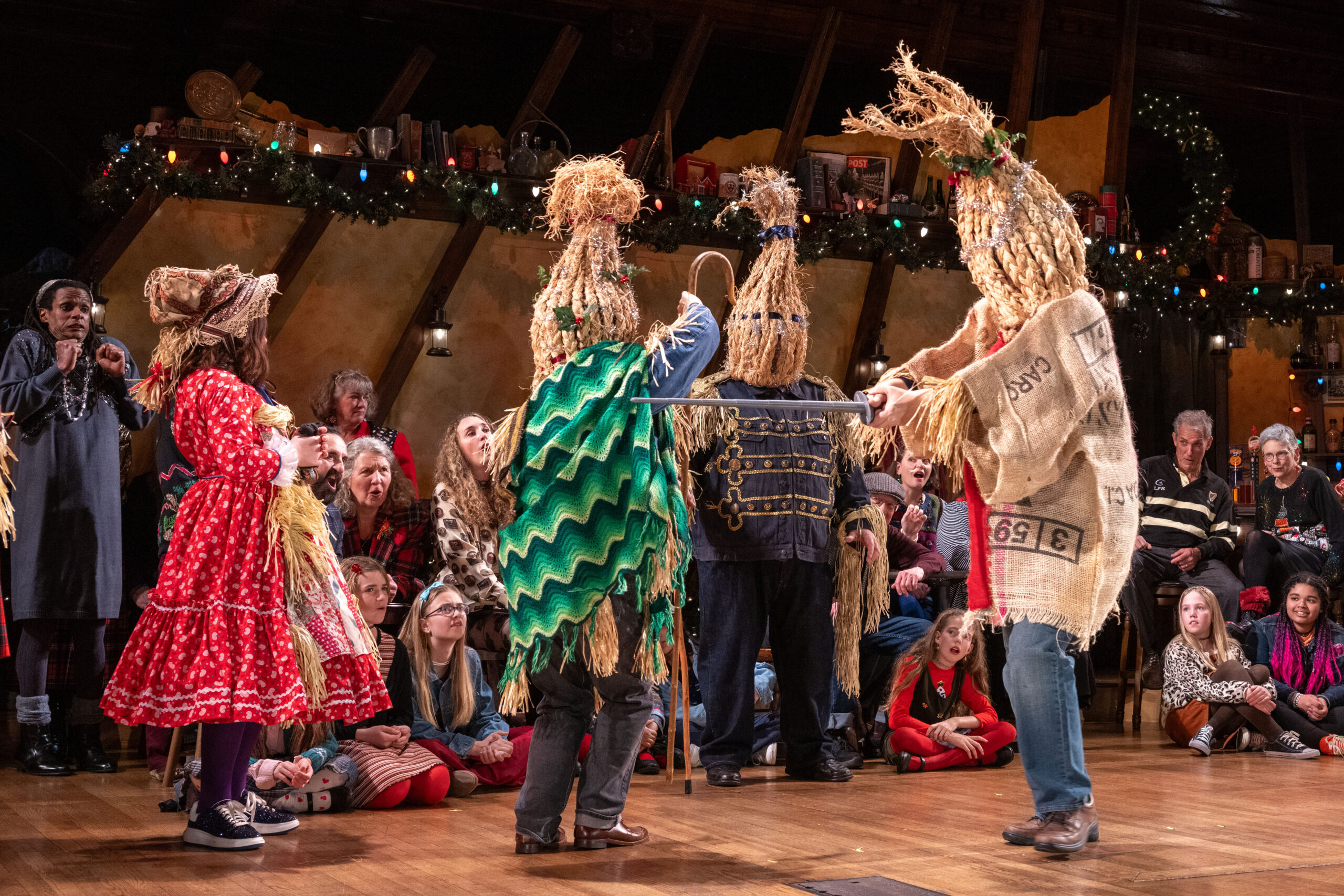
Read More
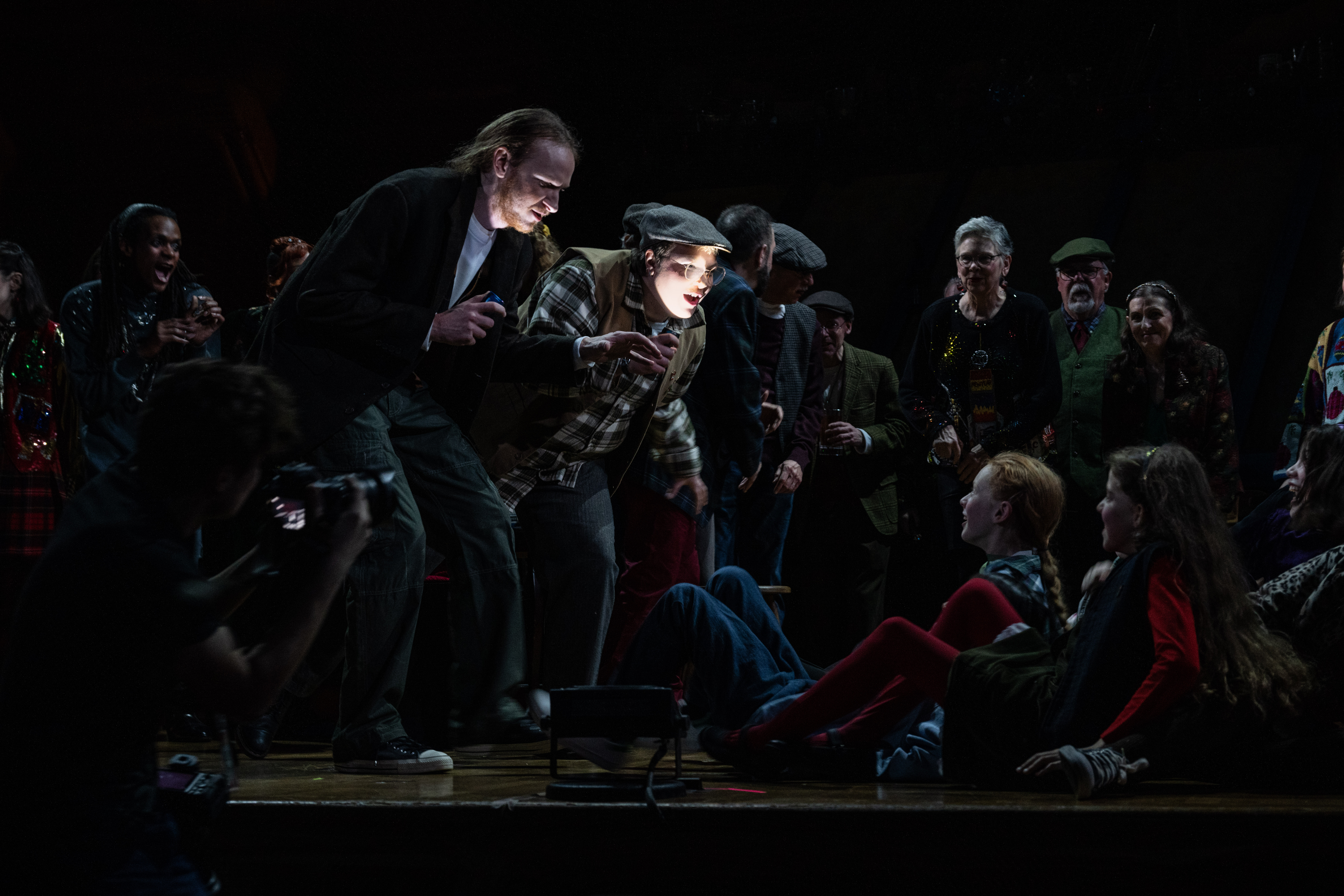
Read More
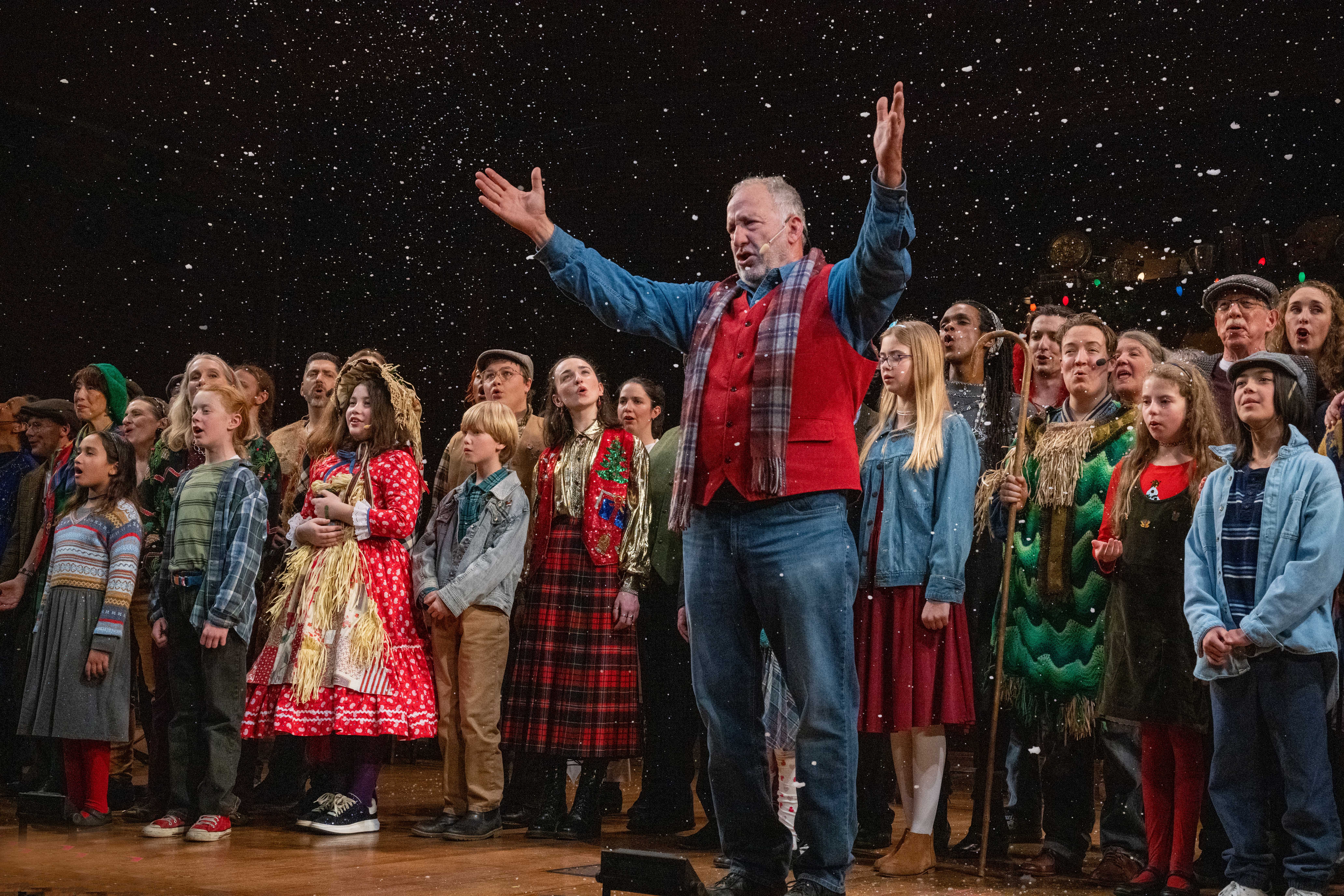
Read More
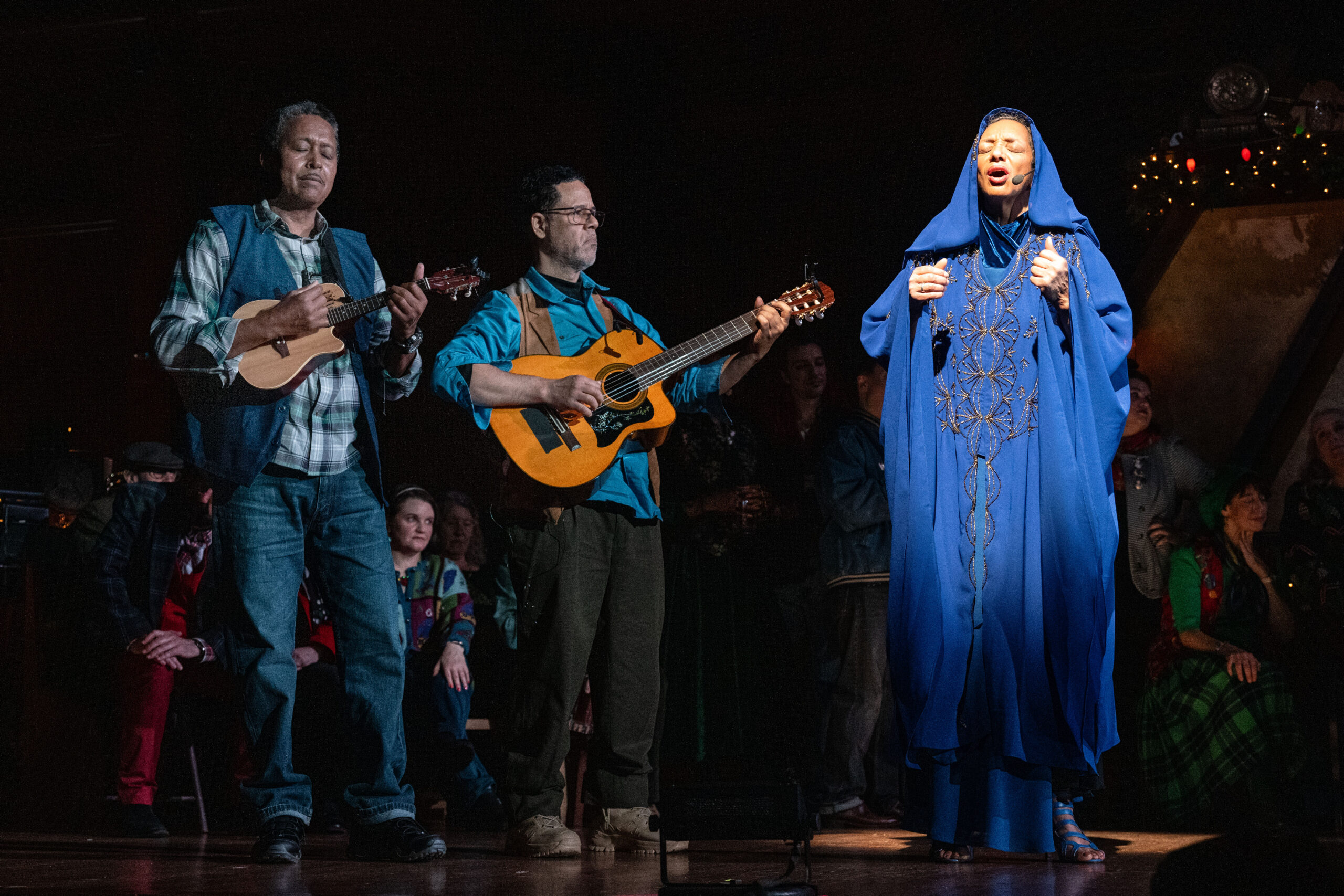
Read More

Read More
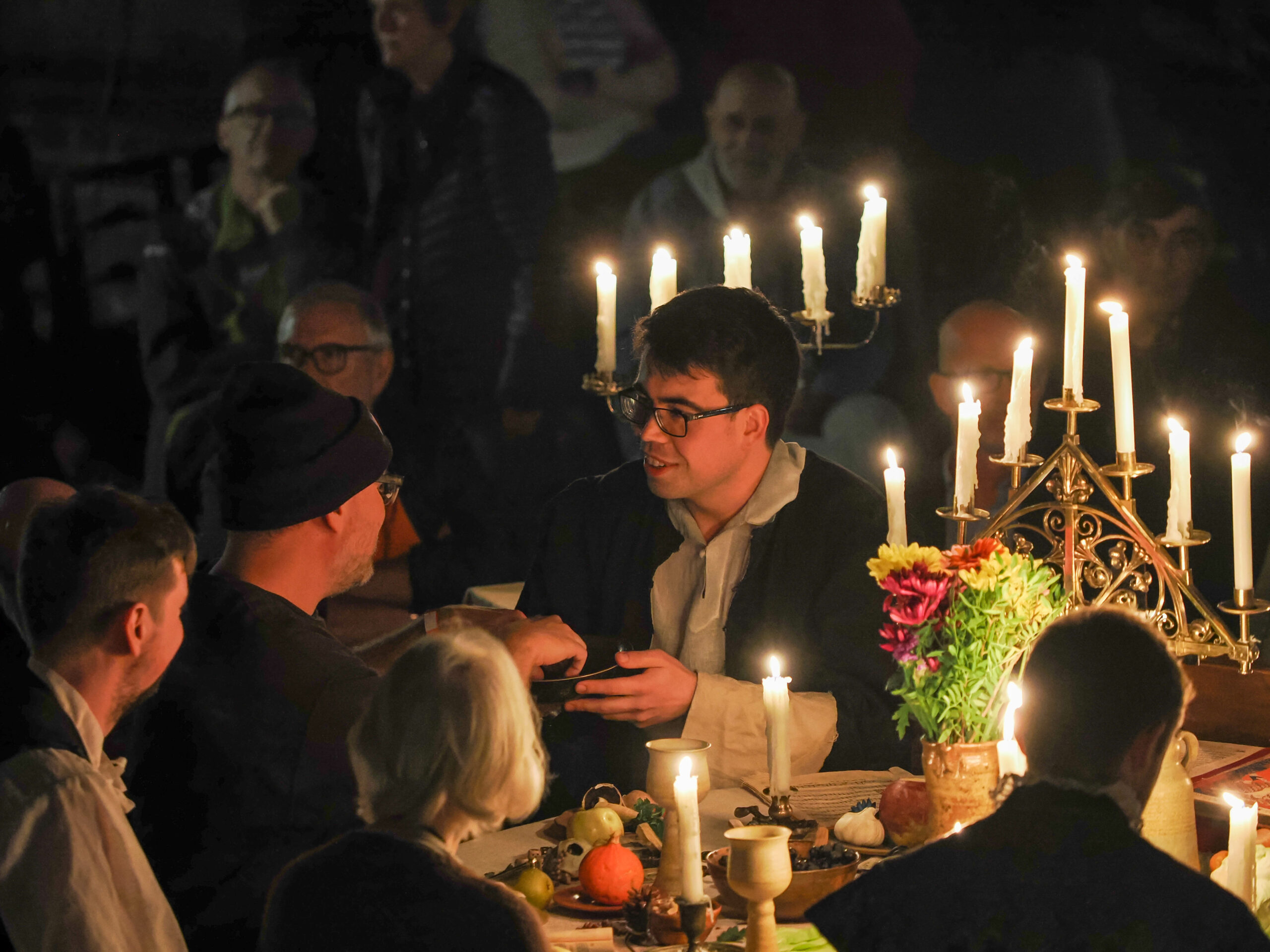
Read More
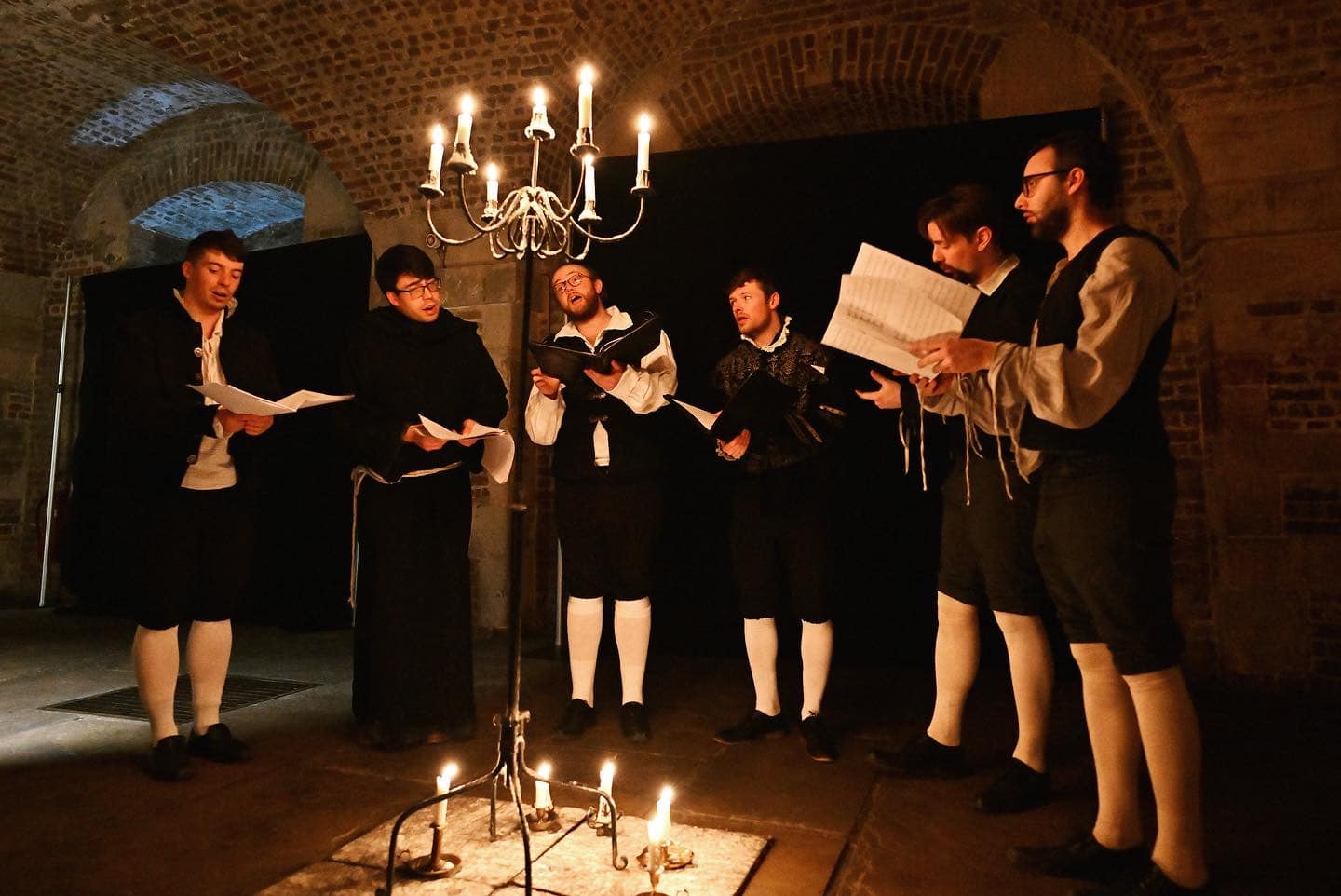
Read More
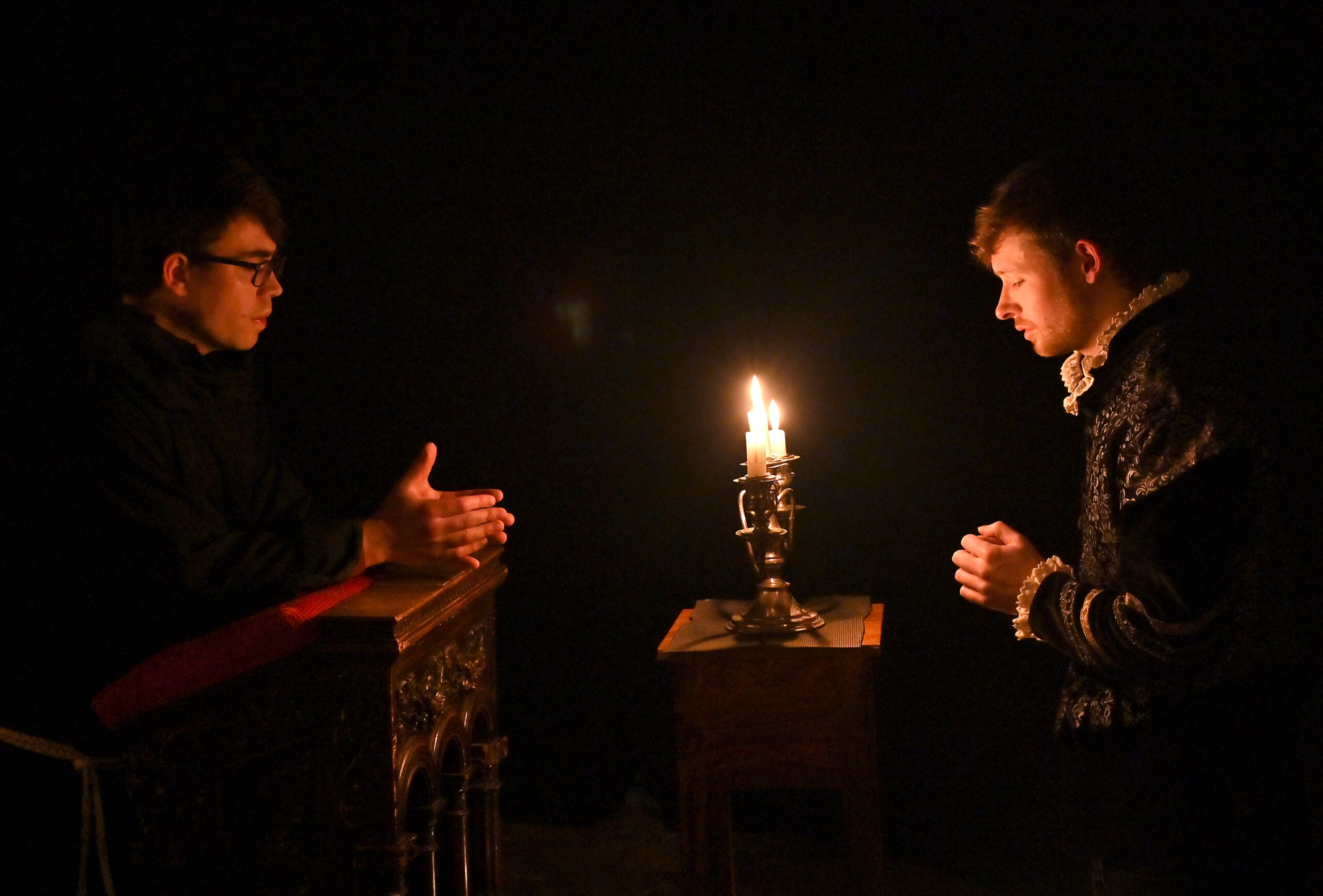
Read More
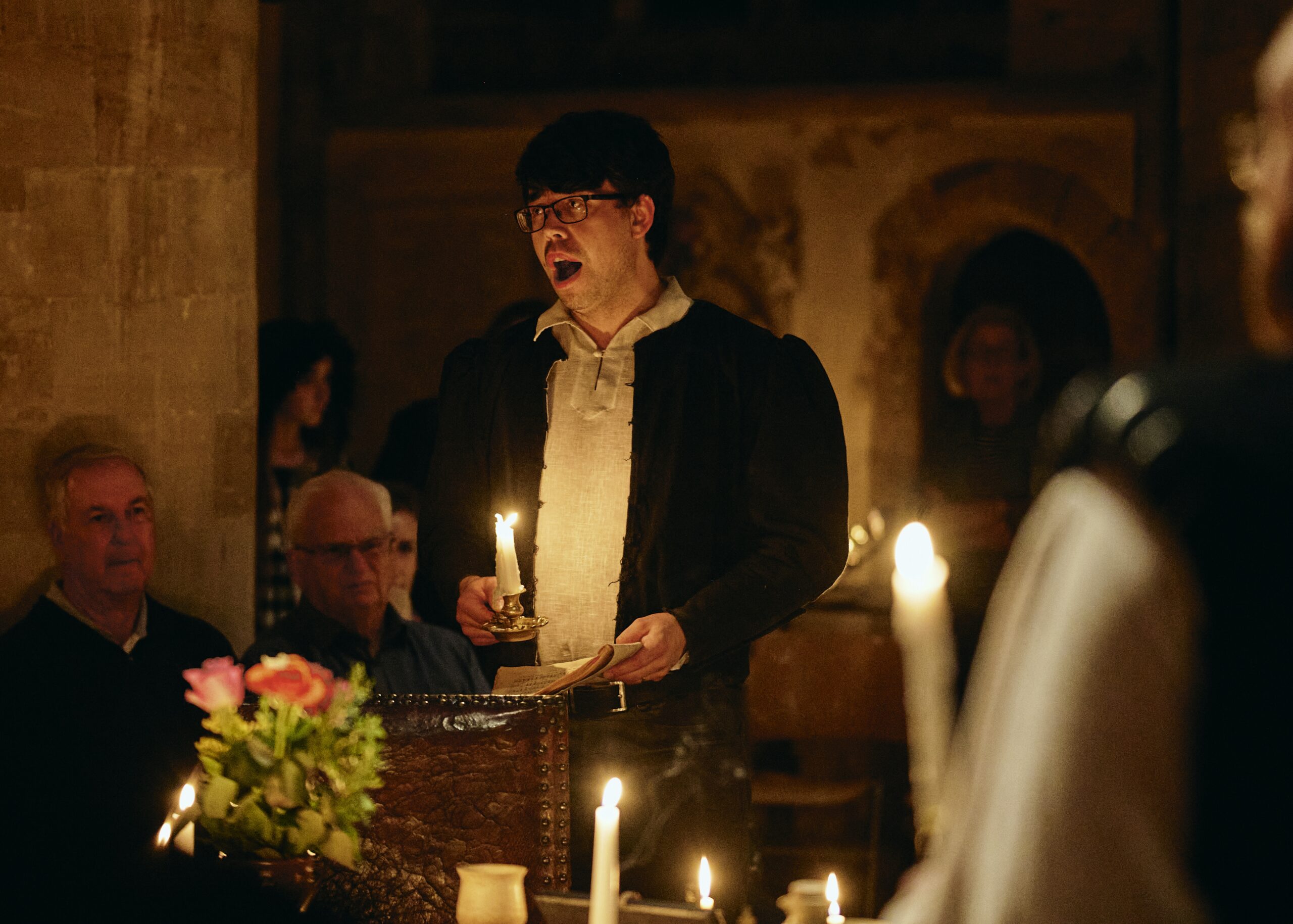
Read More
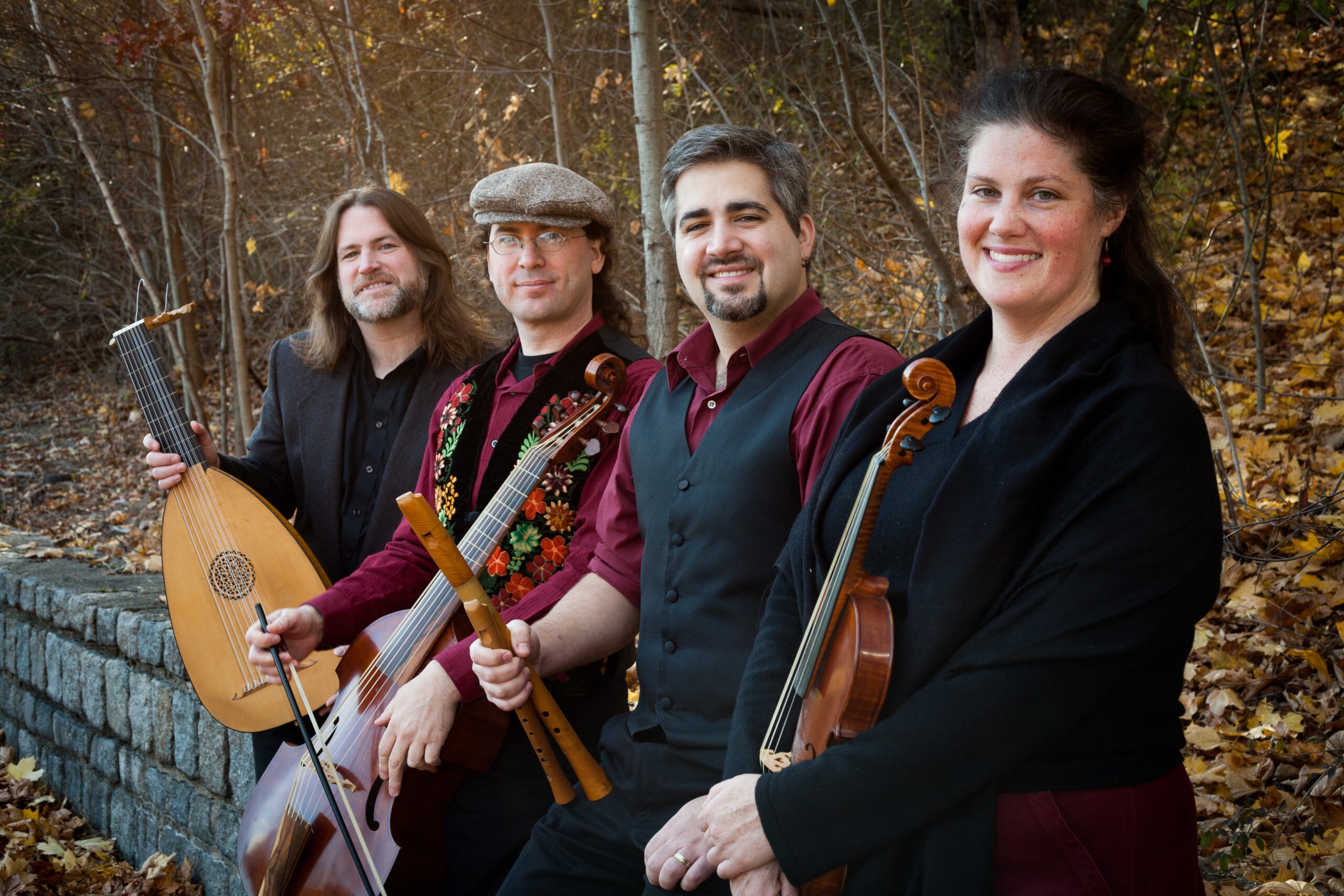
Read More
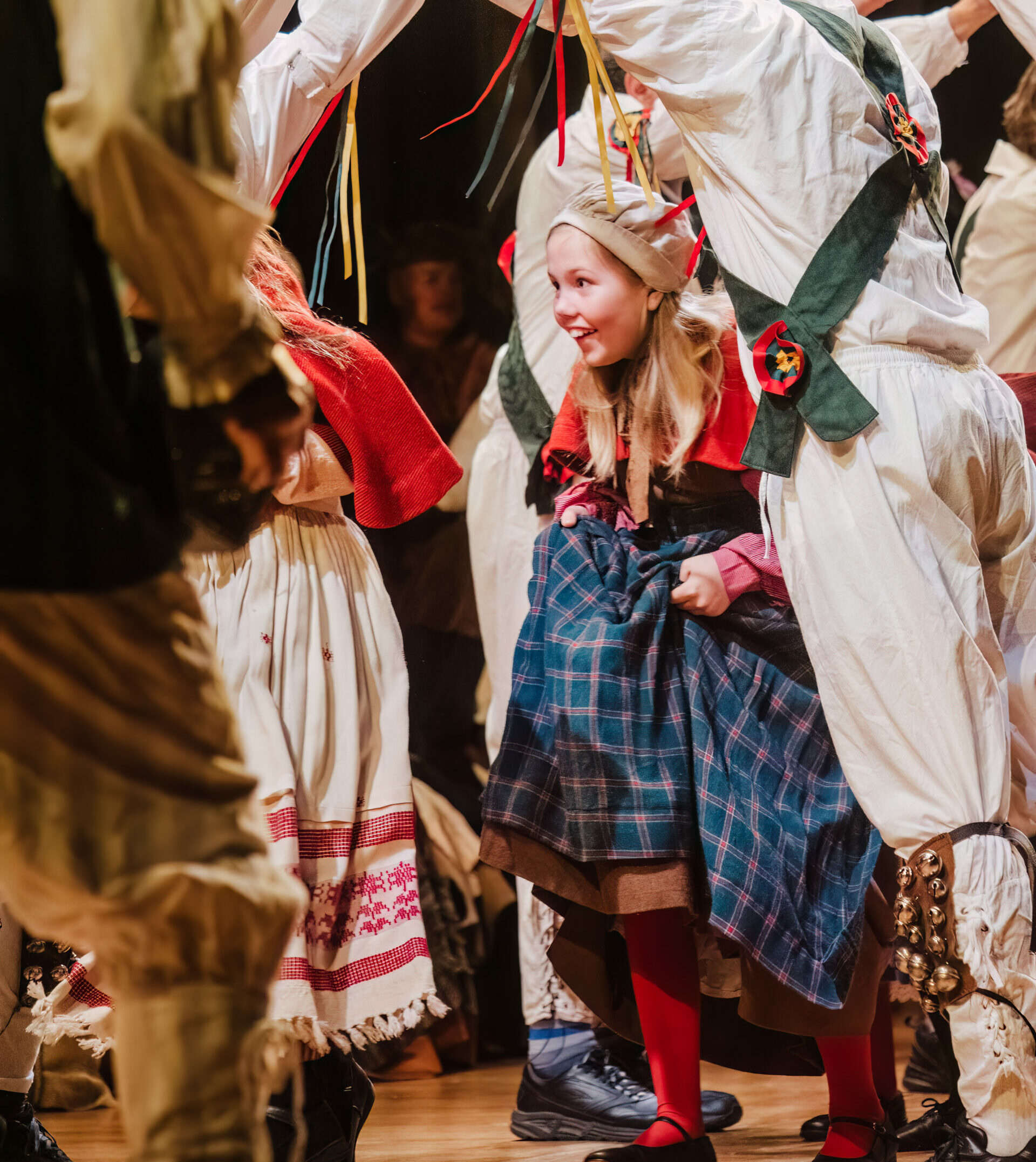
Read More
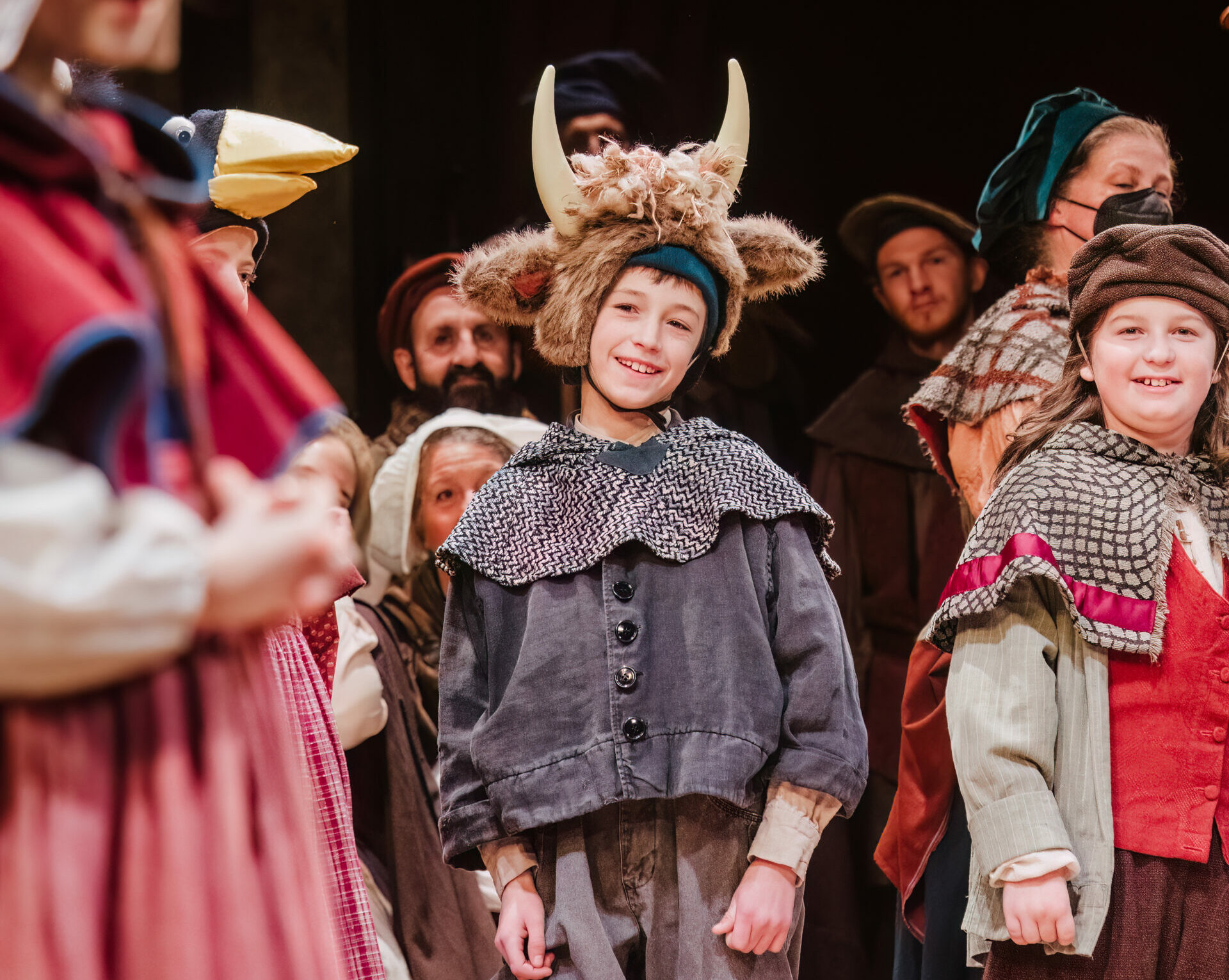
Read More
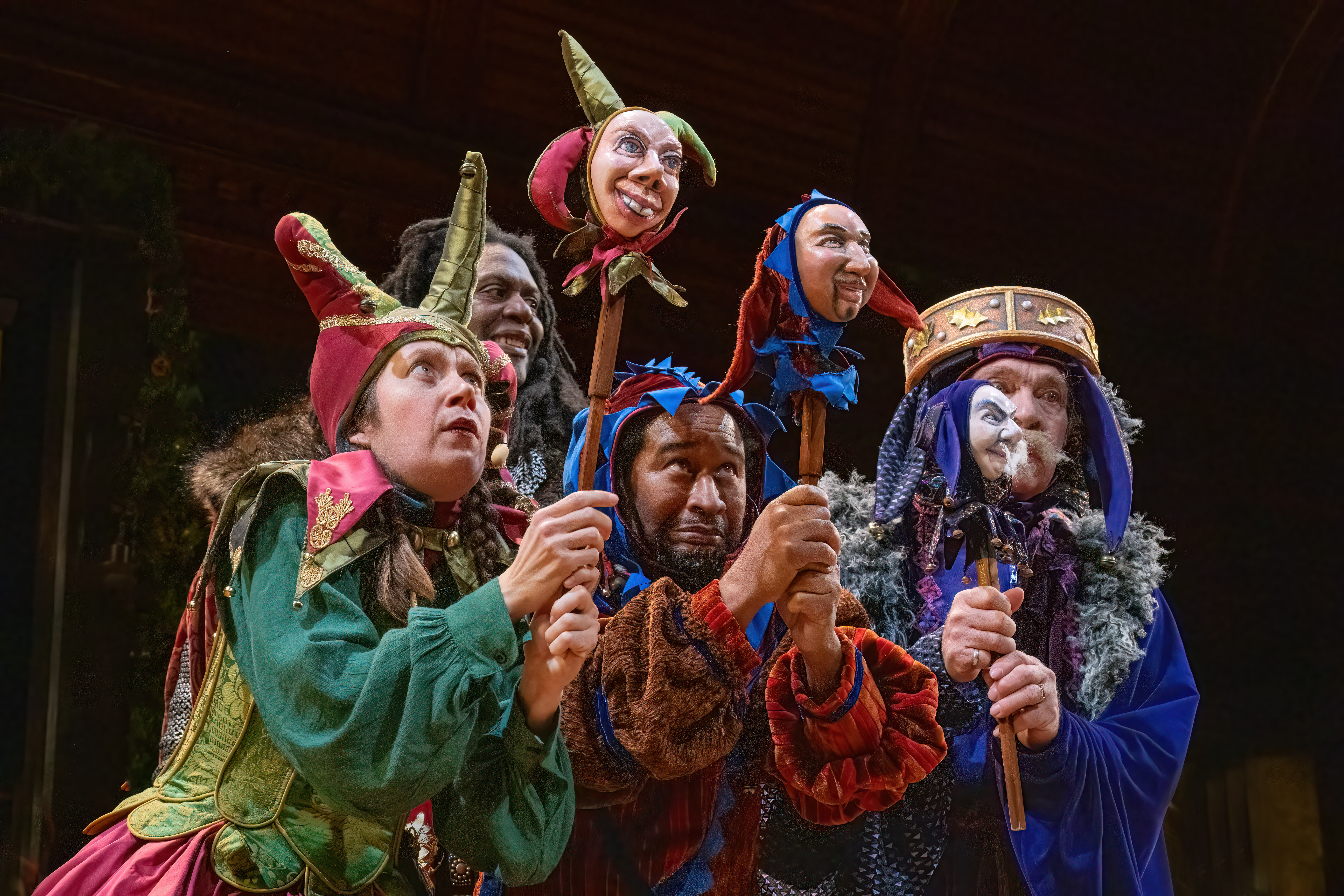
Read More
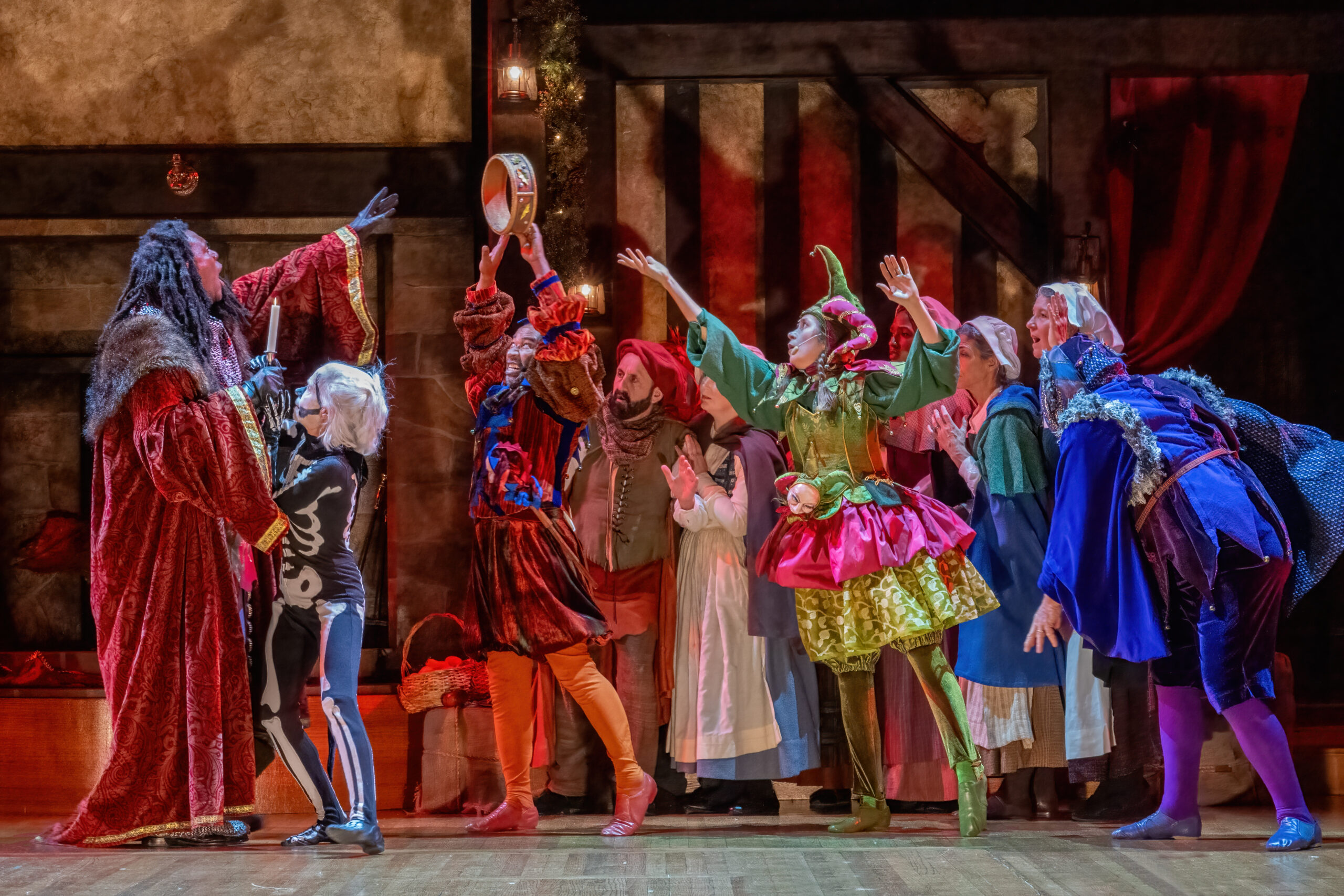
Read More
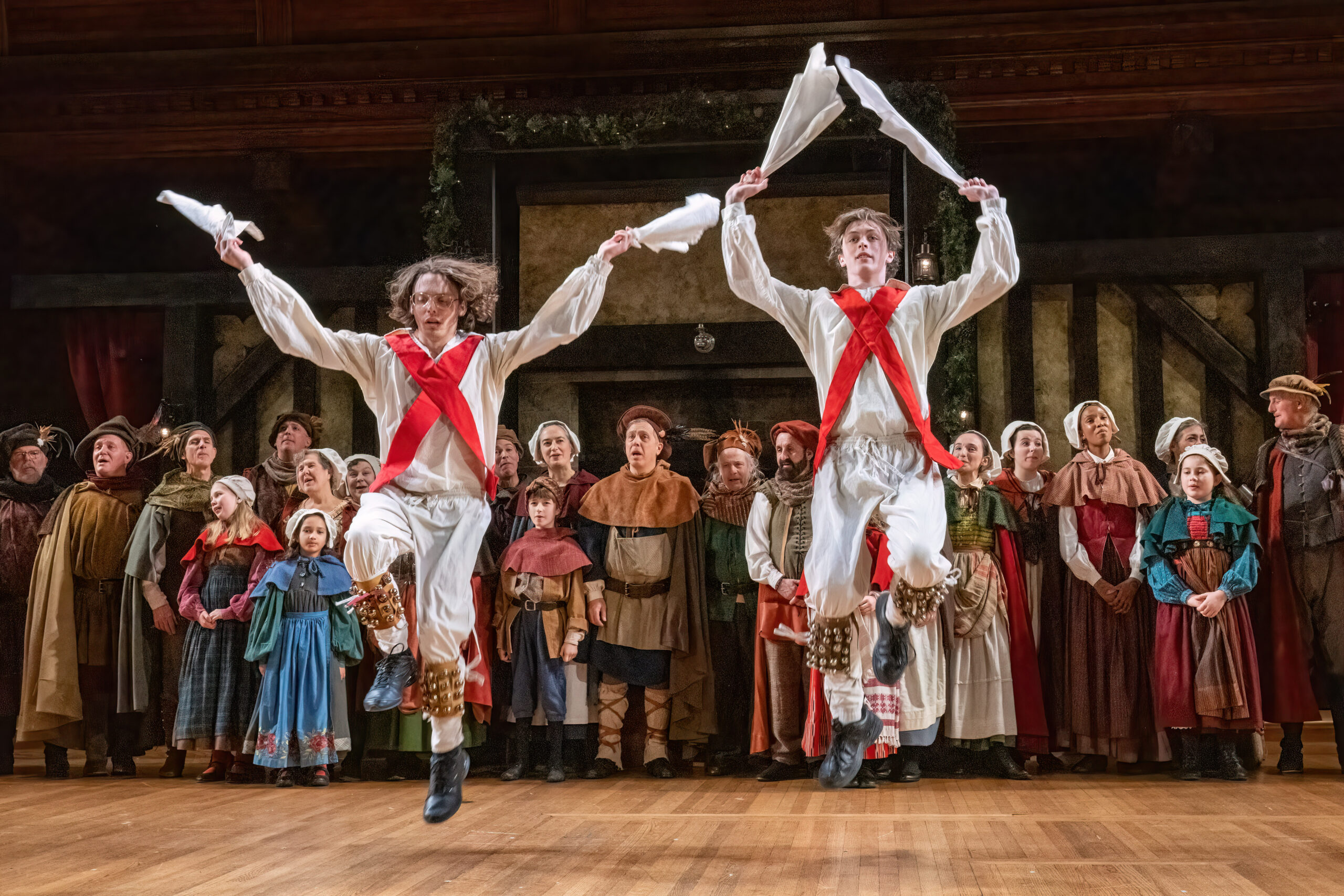
Read More
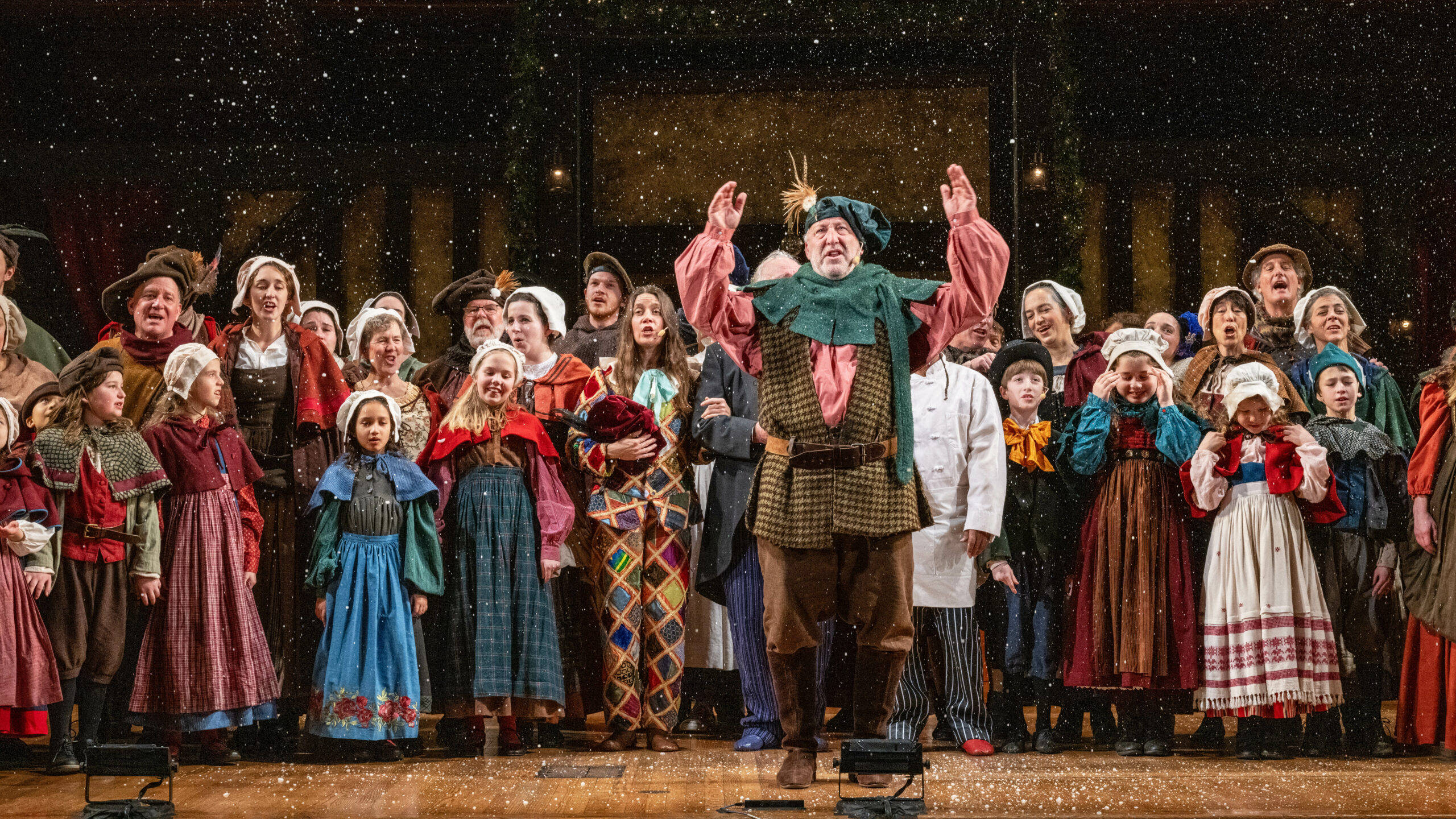
Read More
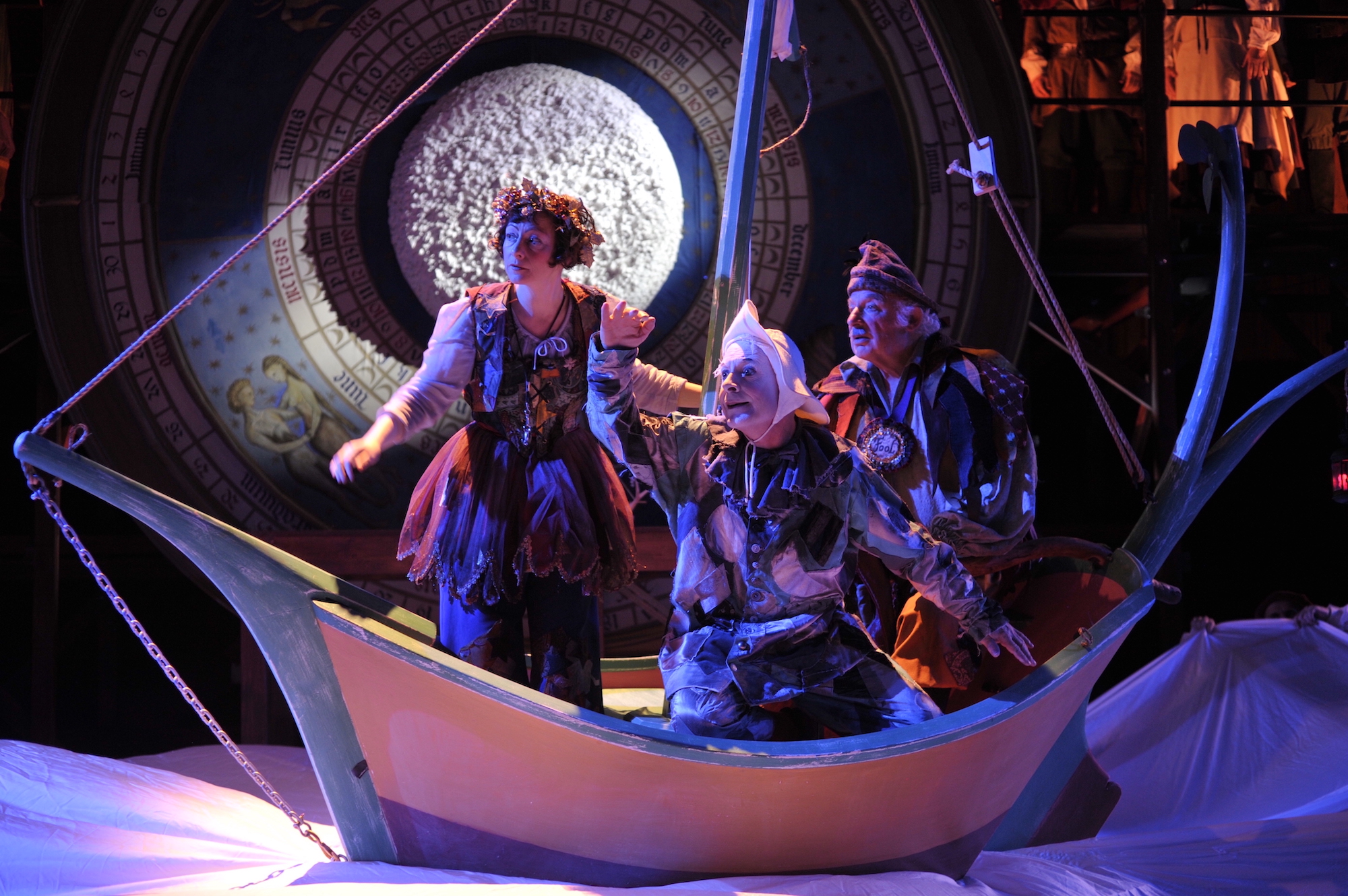
Read More
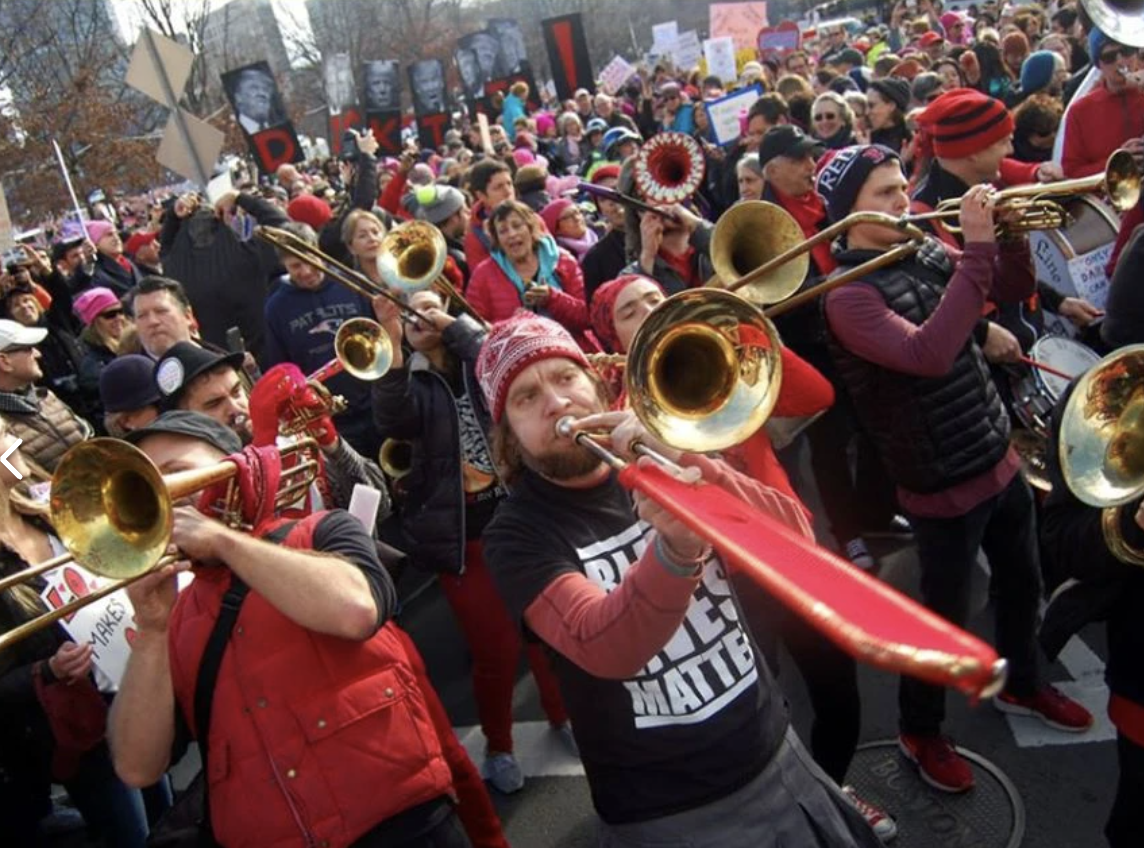
Read More

Read More
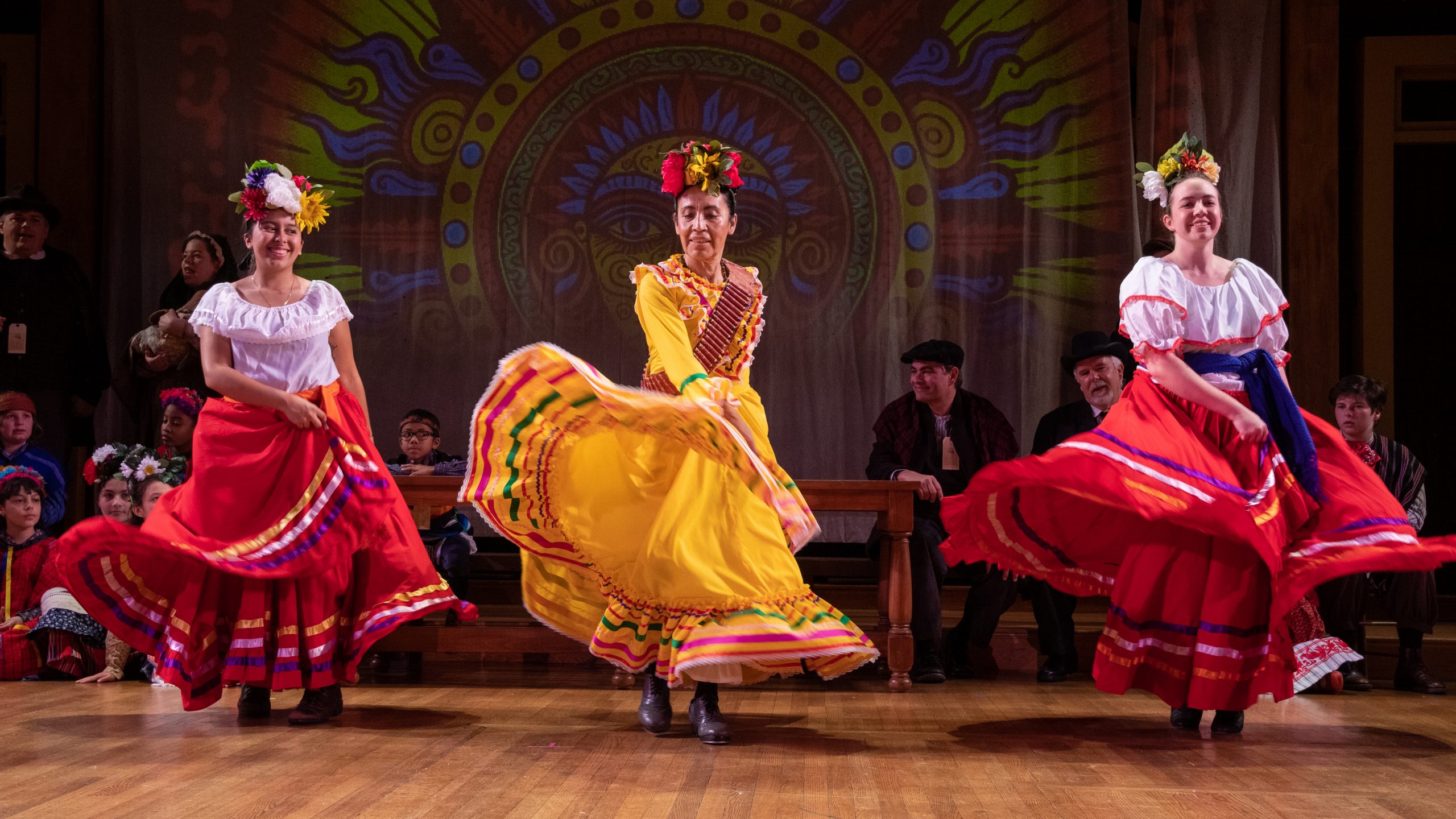
Read More
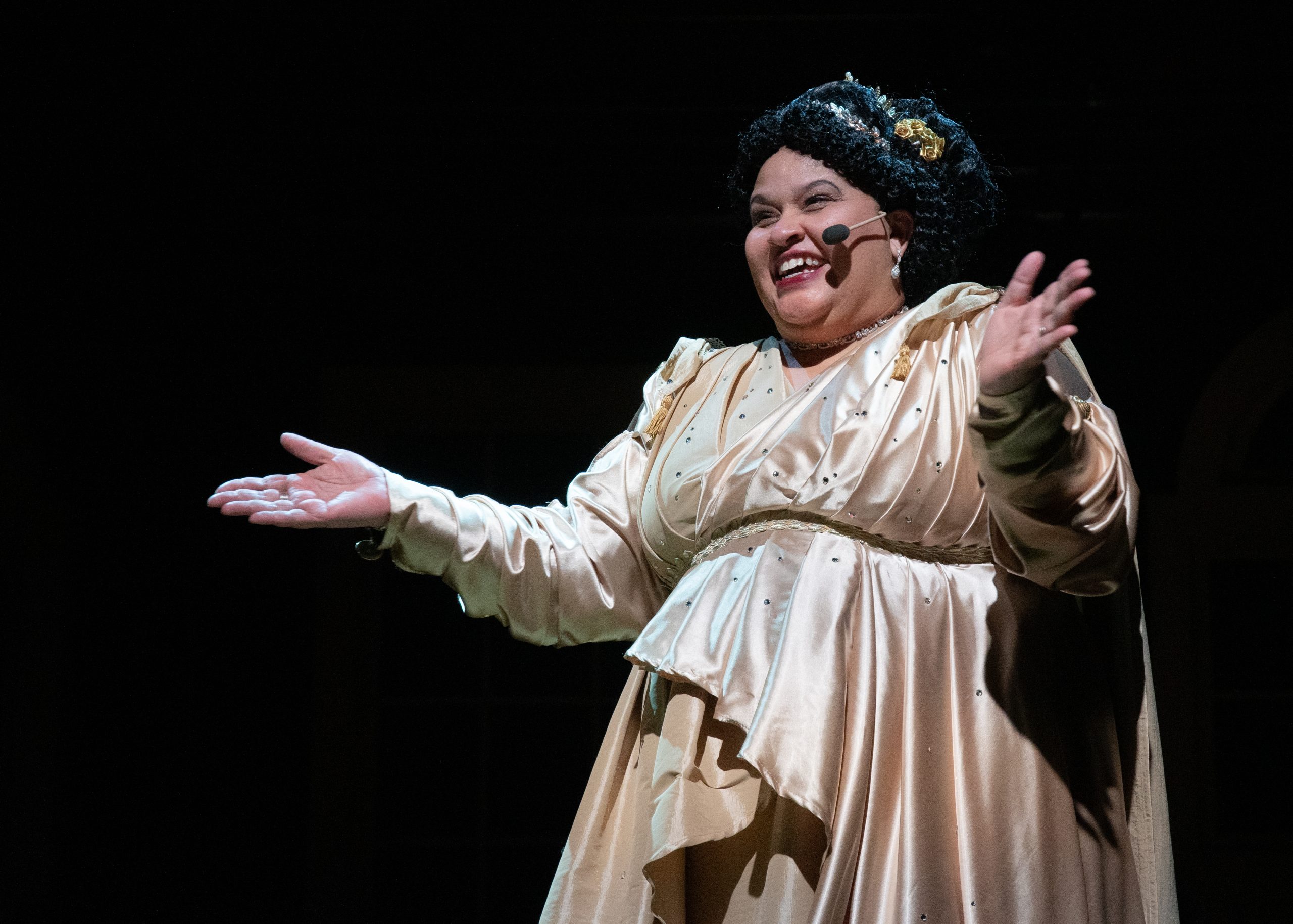
Read More
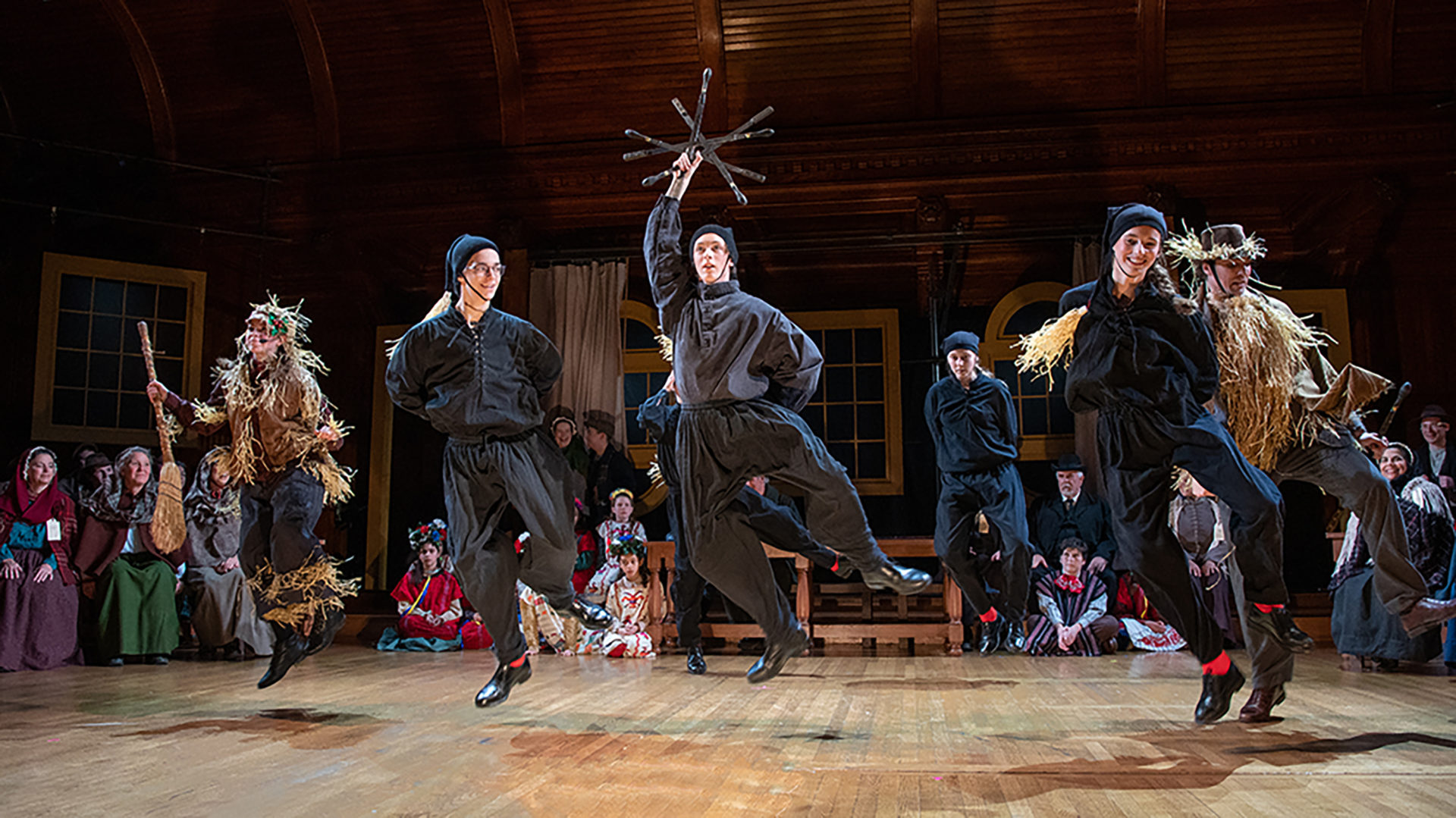
Read More
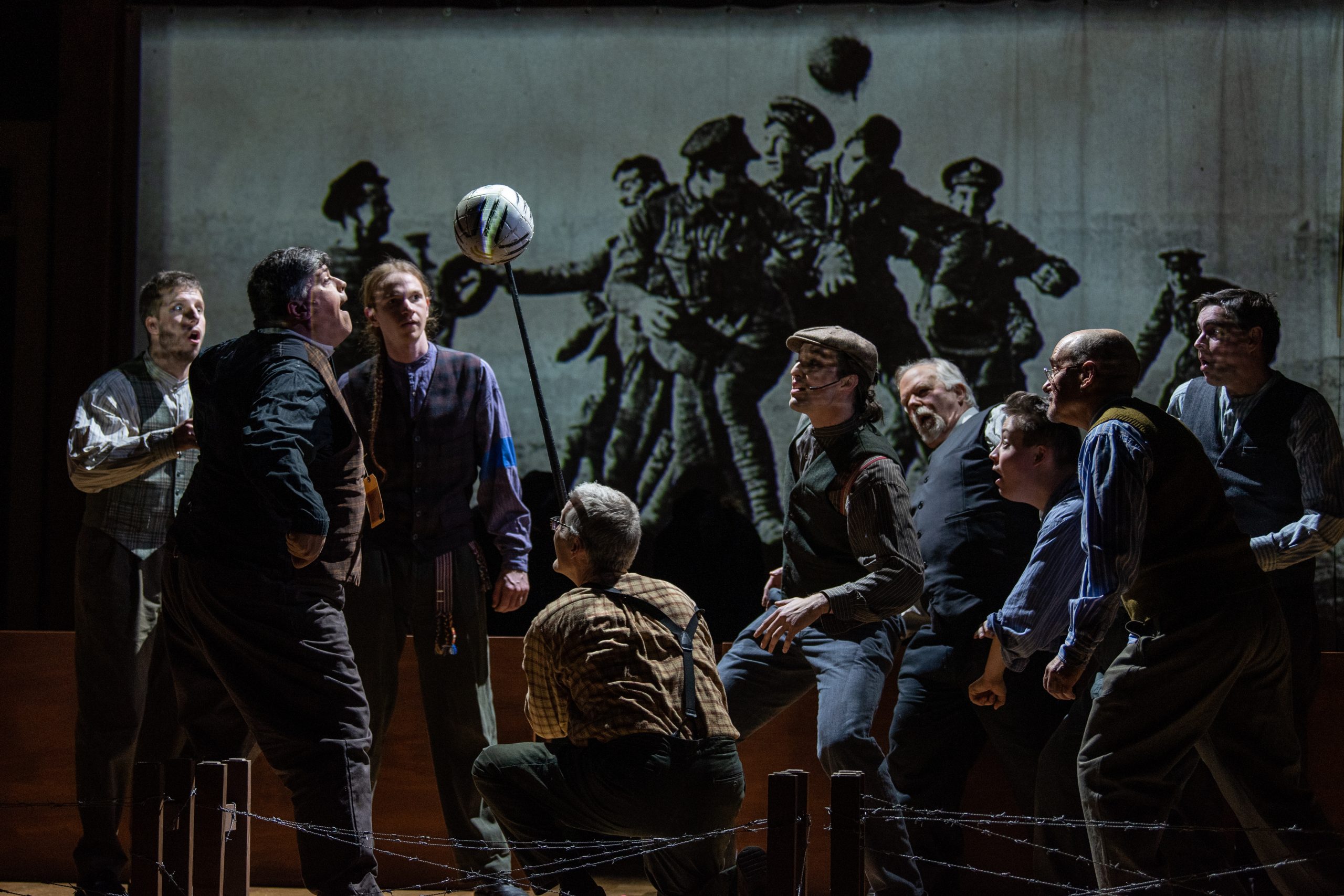
Read More

Read More
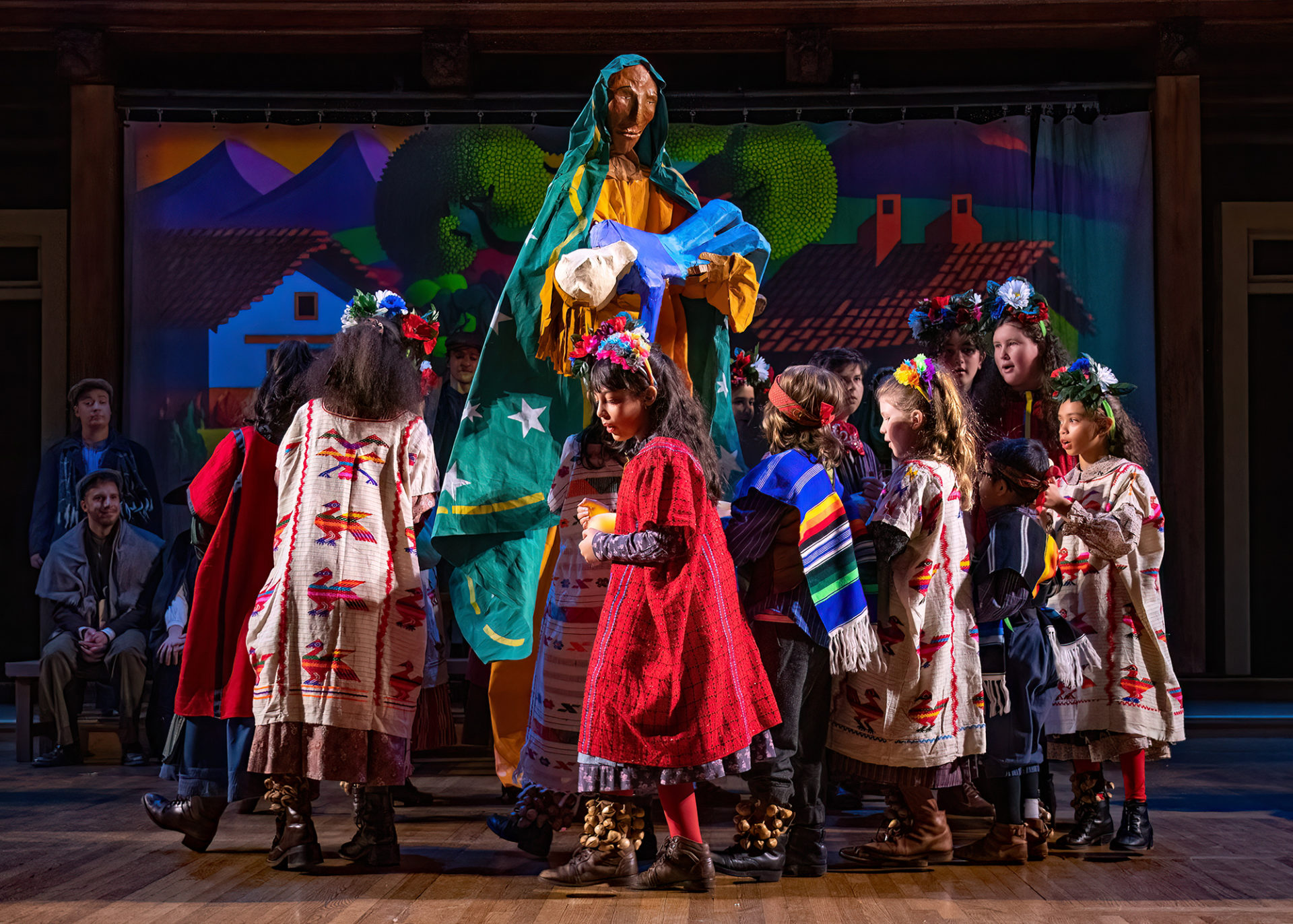
Read More
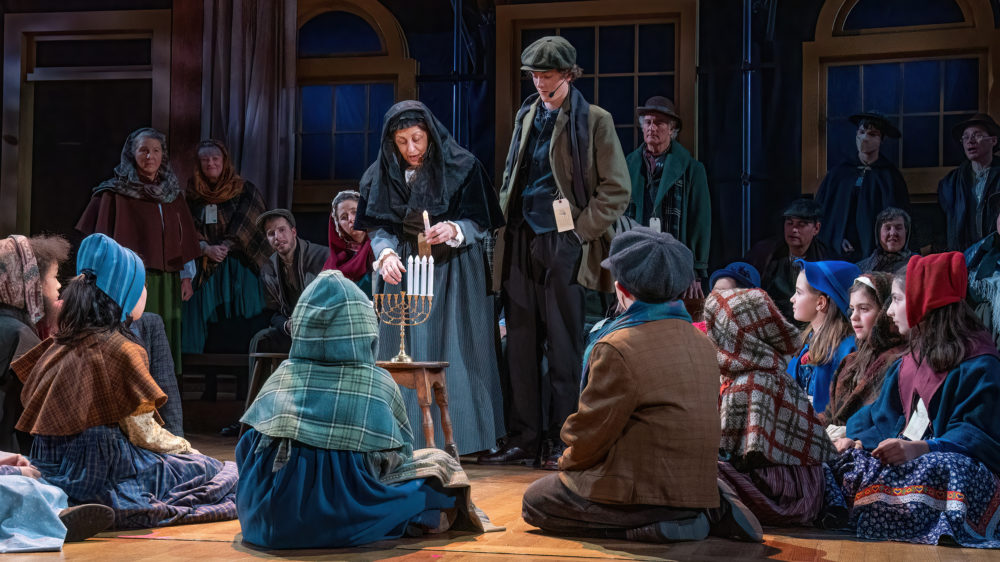
Read More
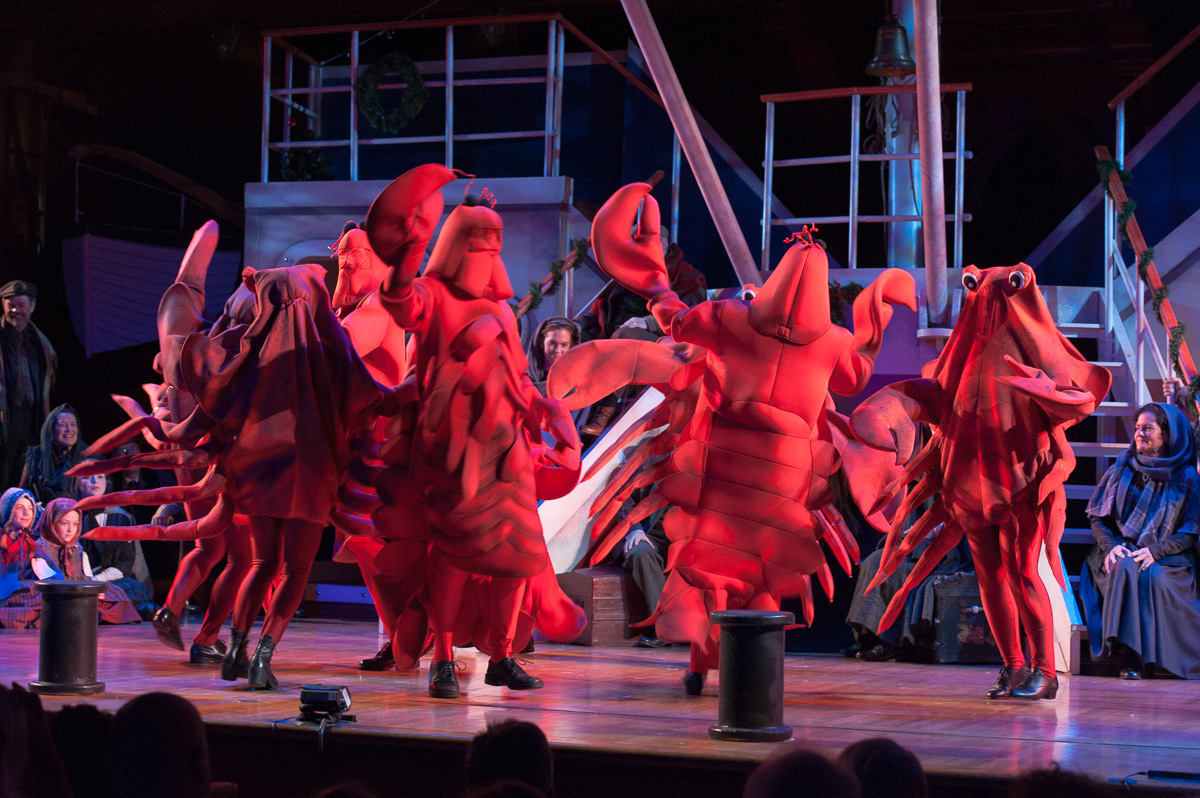
Read More
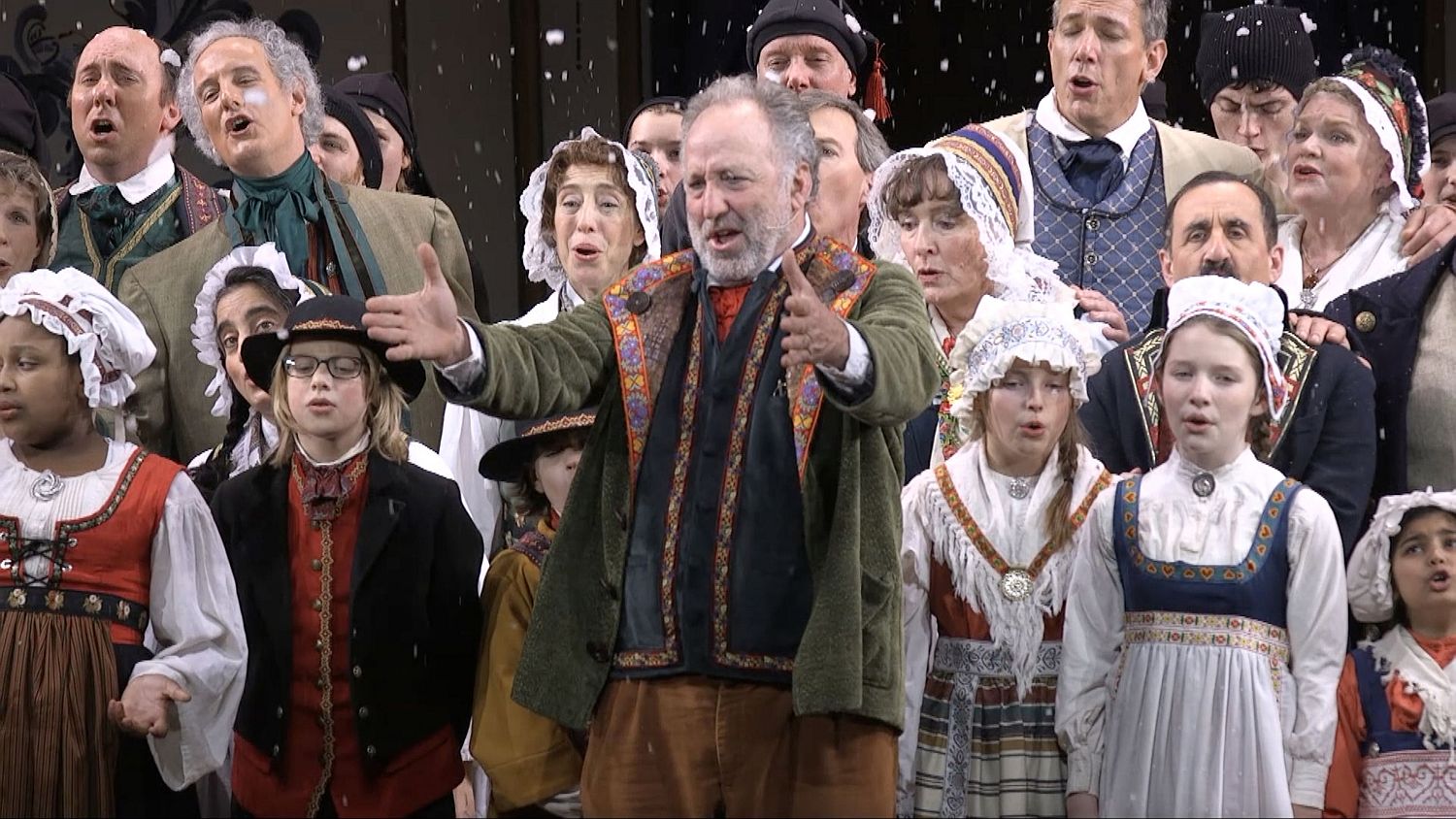
Read More

Read More

Read More

Read More

Read More

Read More
Read More
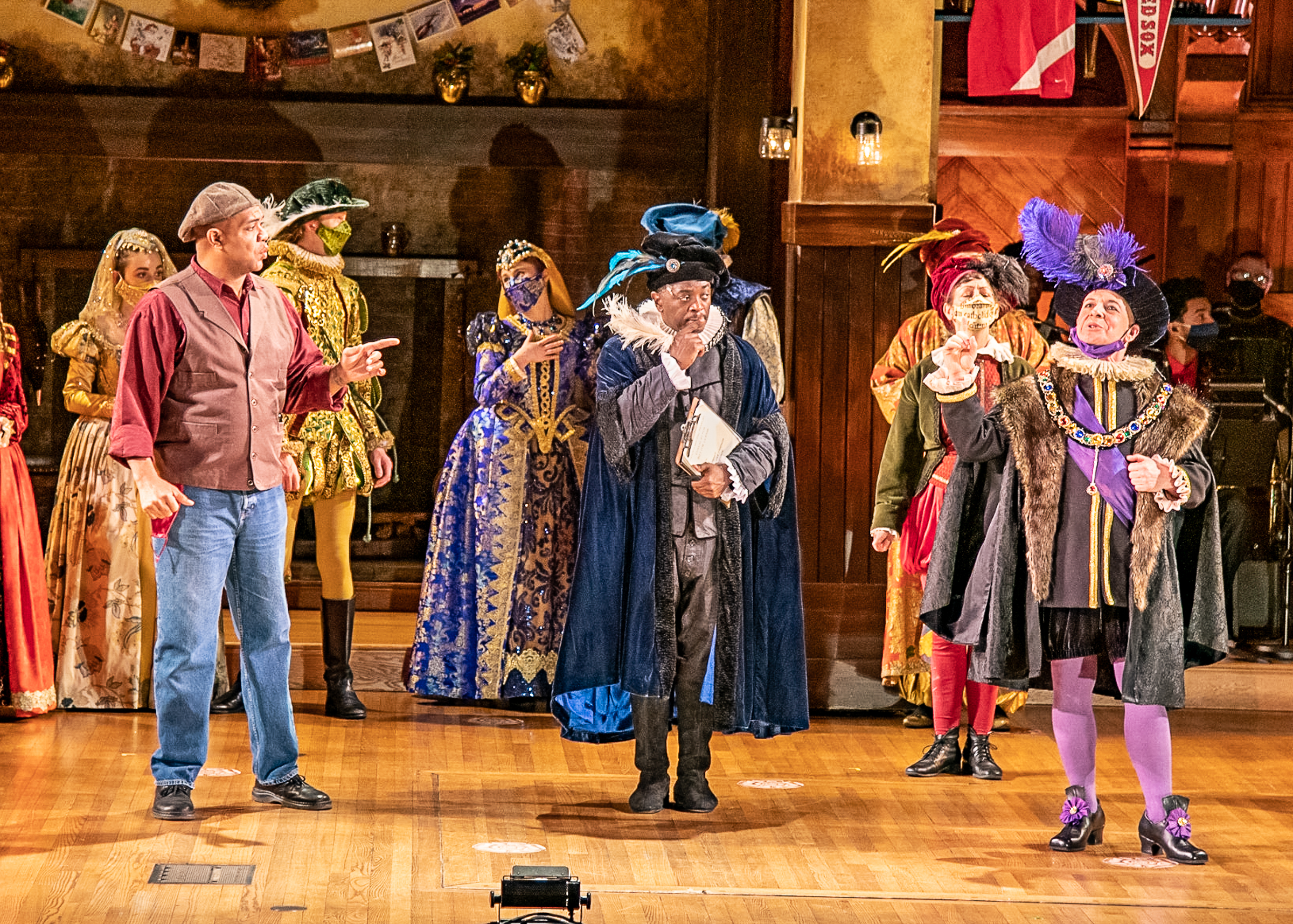
Read More
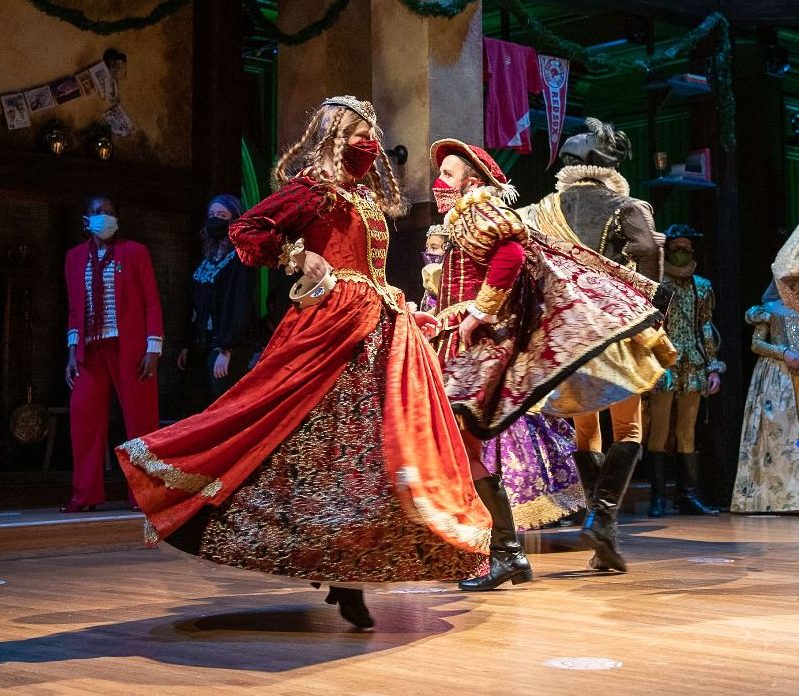
Read More
Read More

Read More
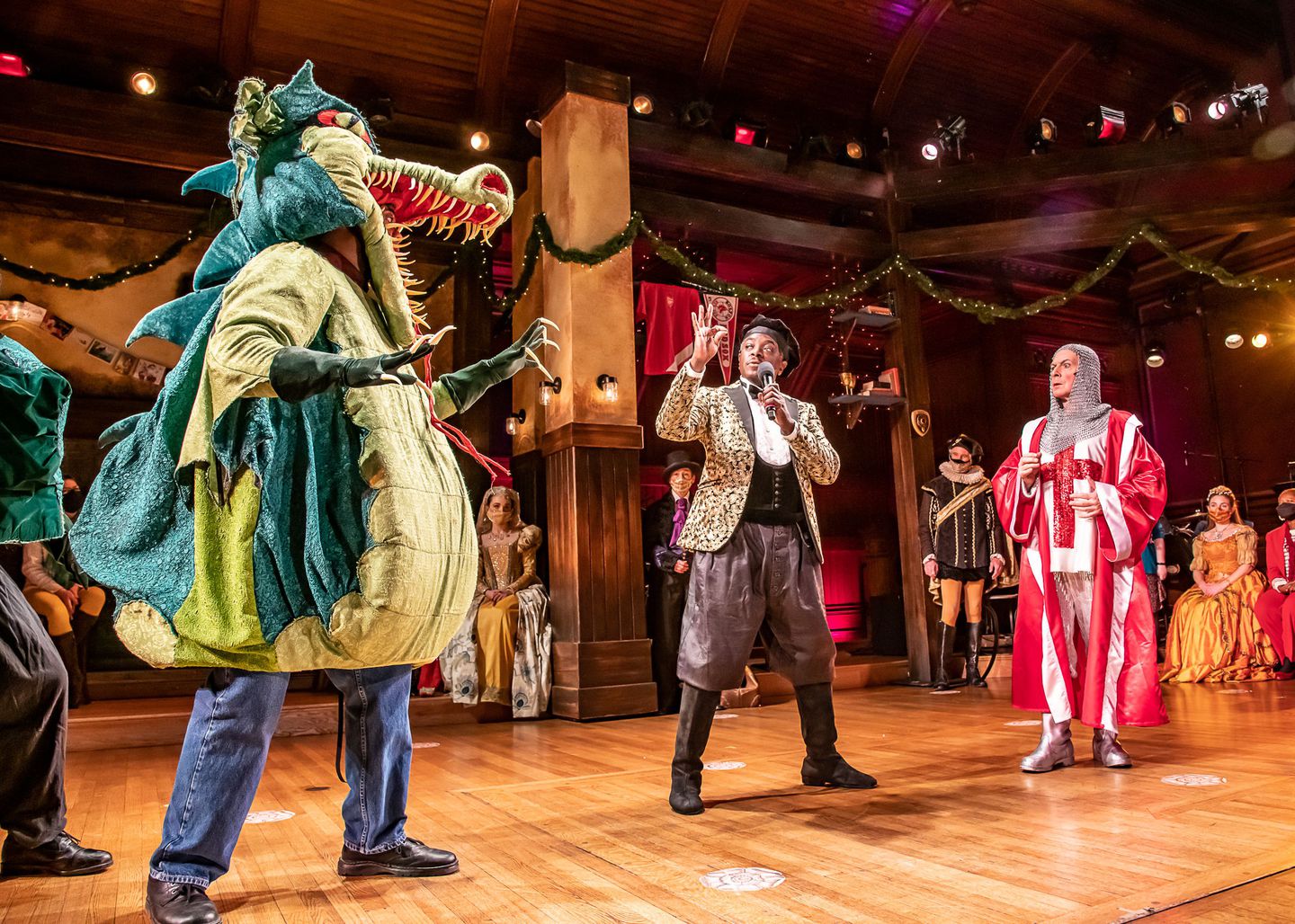
Read More
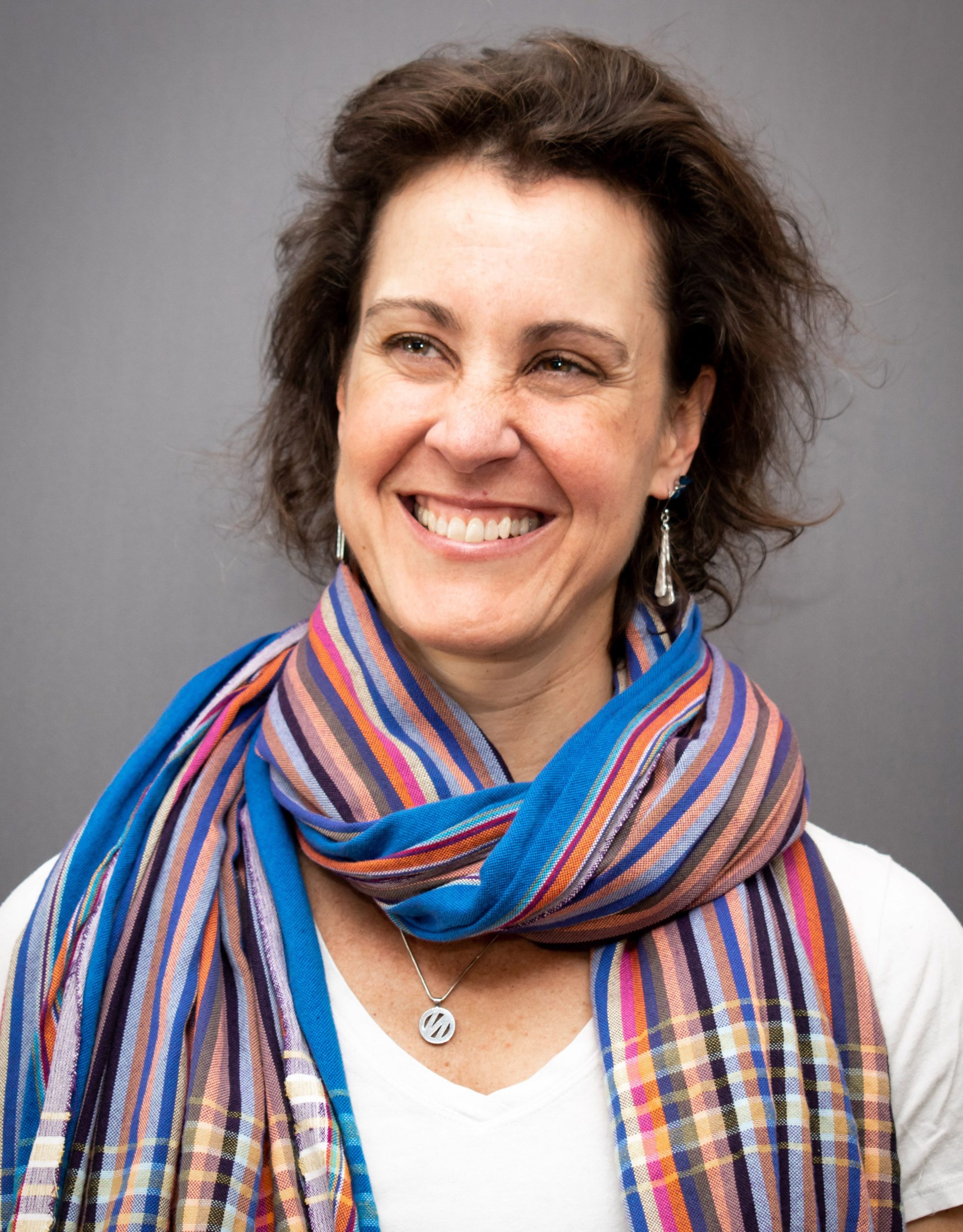
Read More
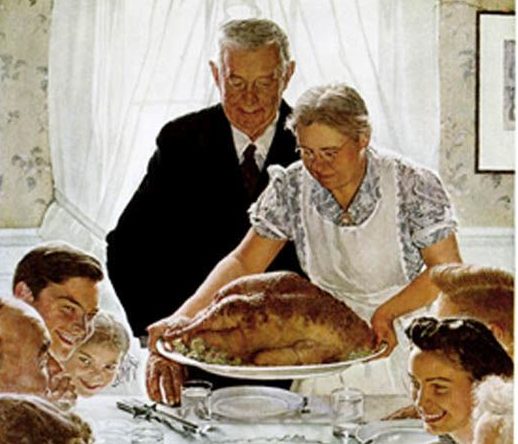
Read More
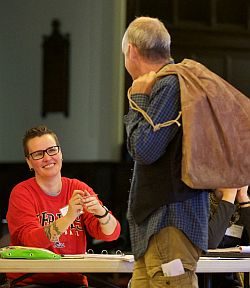
Read More
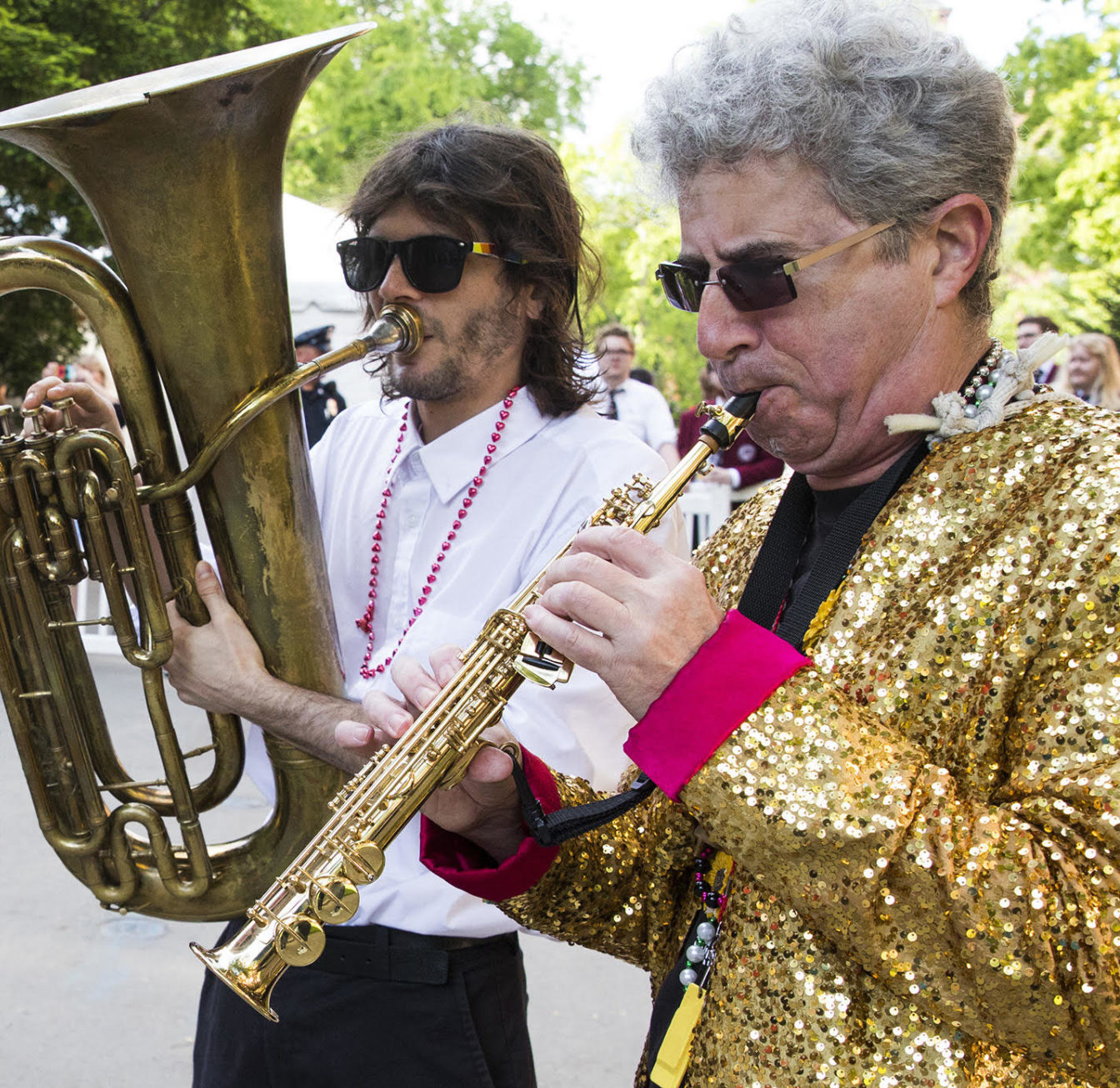
Read More
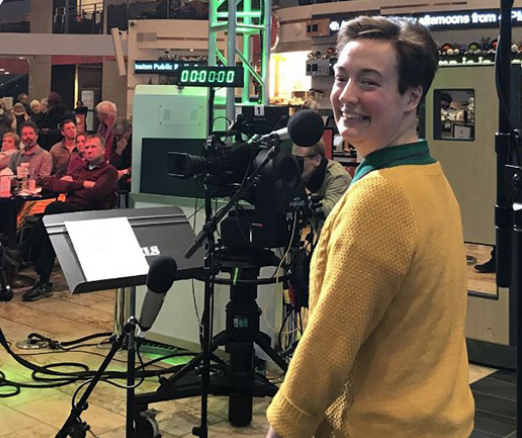
Read More

Read More
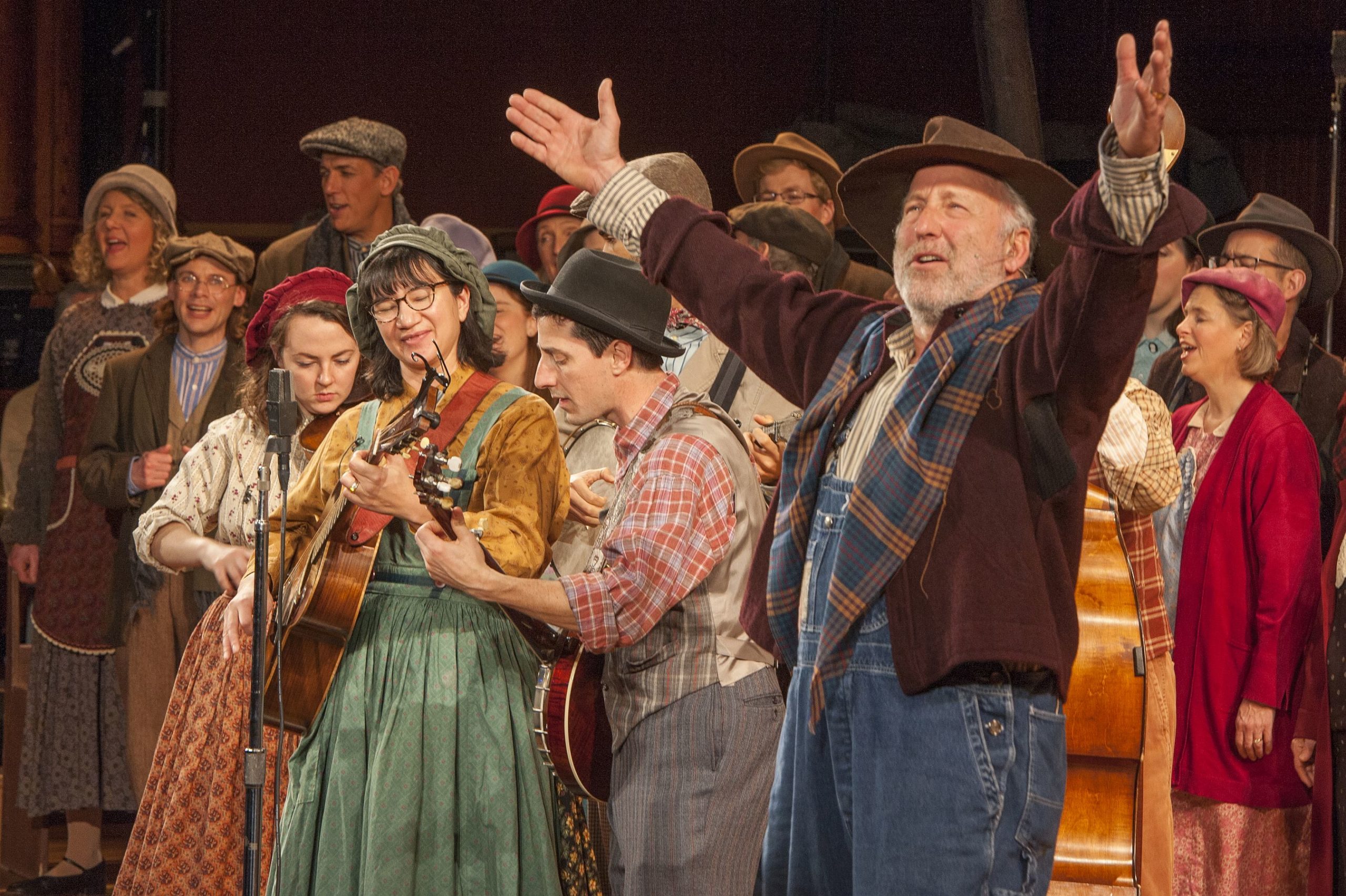
Read More
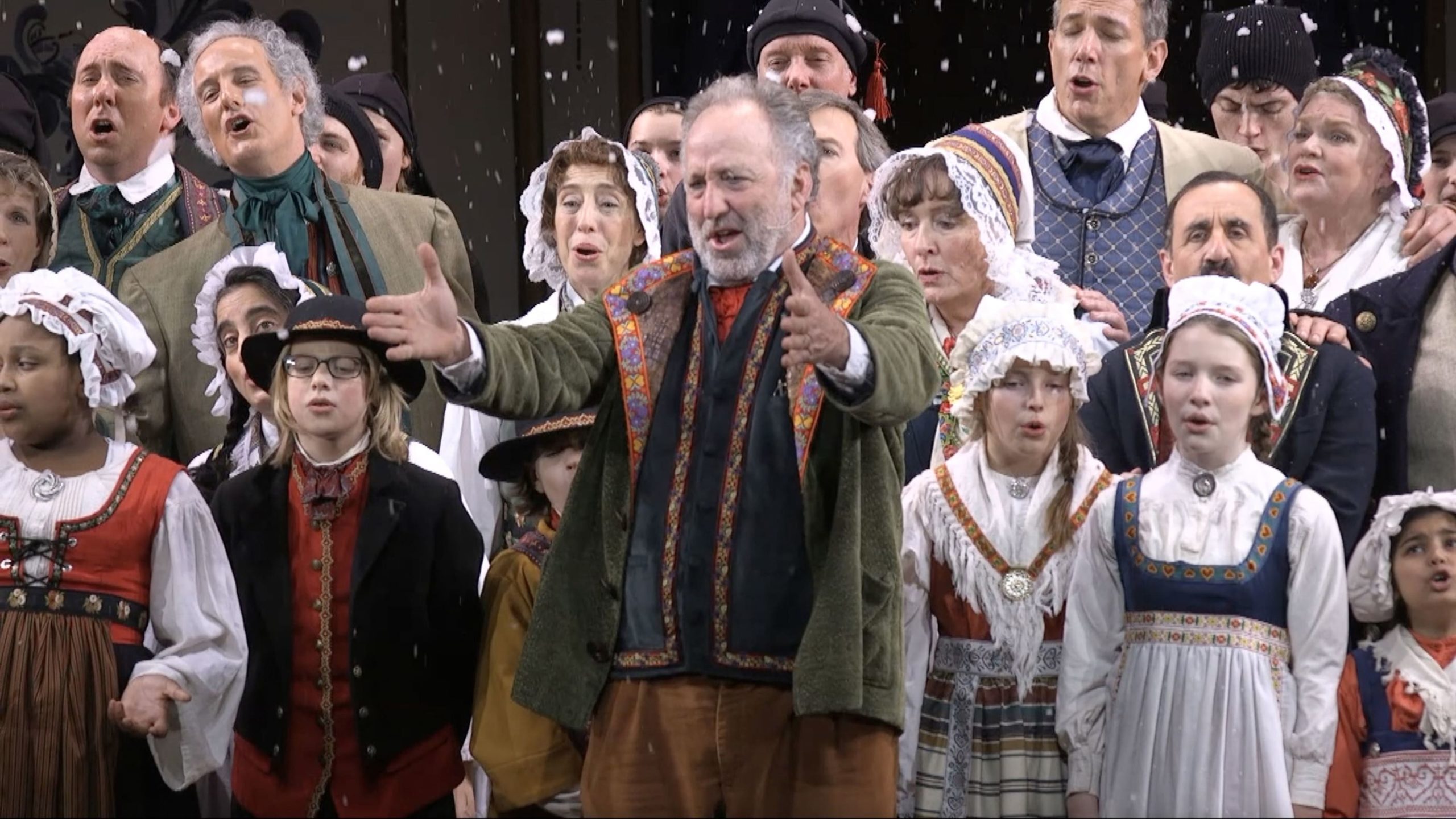
Read More
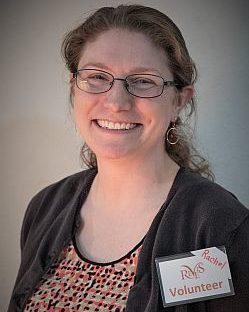
Read More
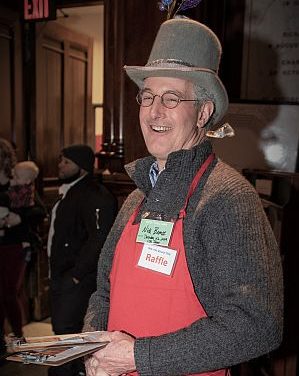
Read More
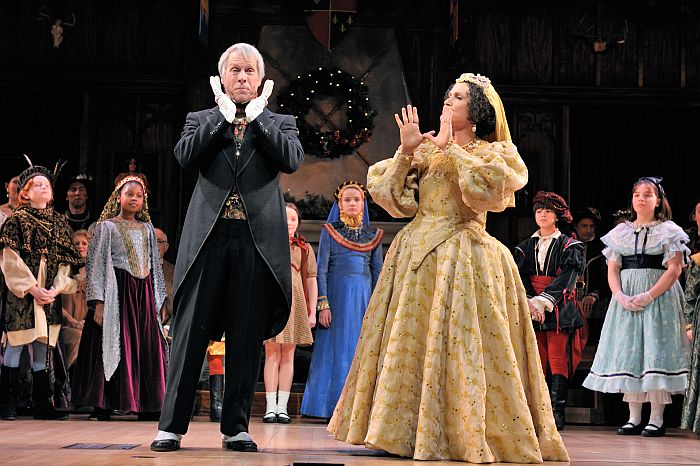
Read More
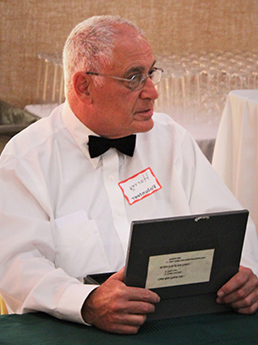
Read More
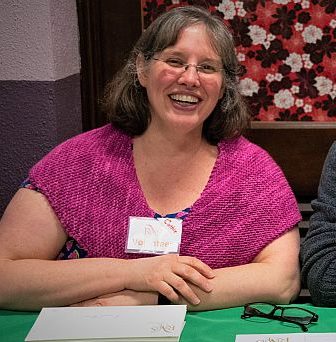
Read More
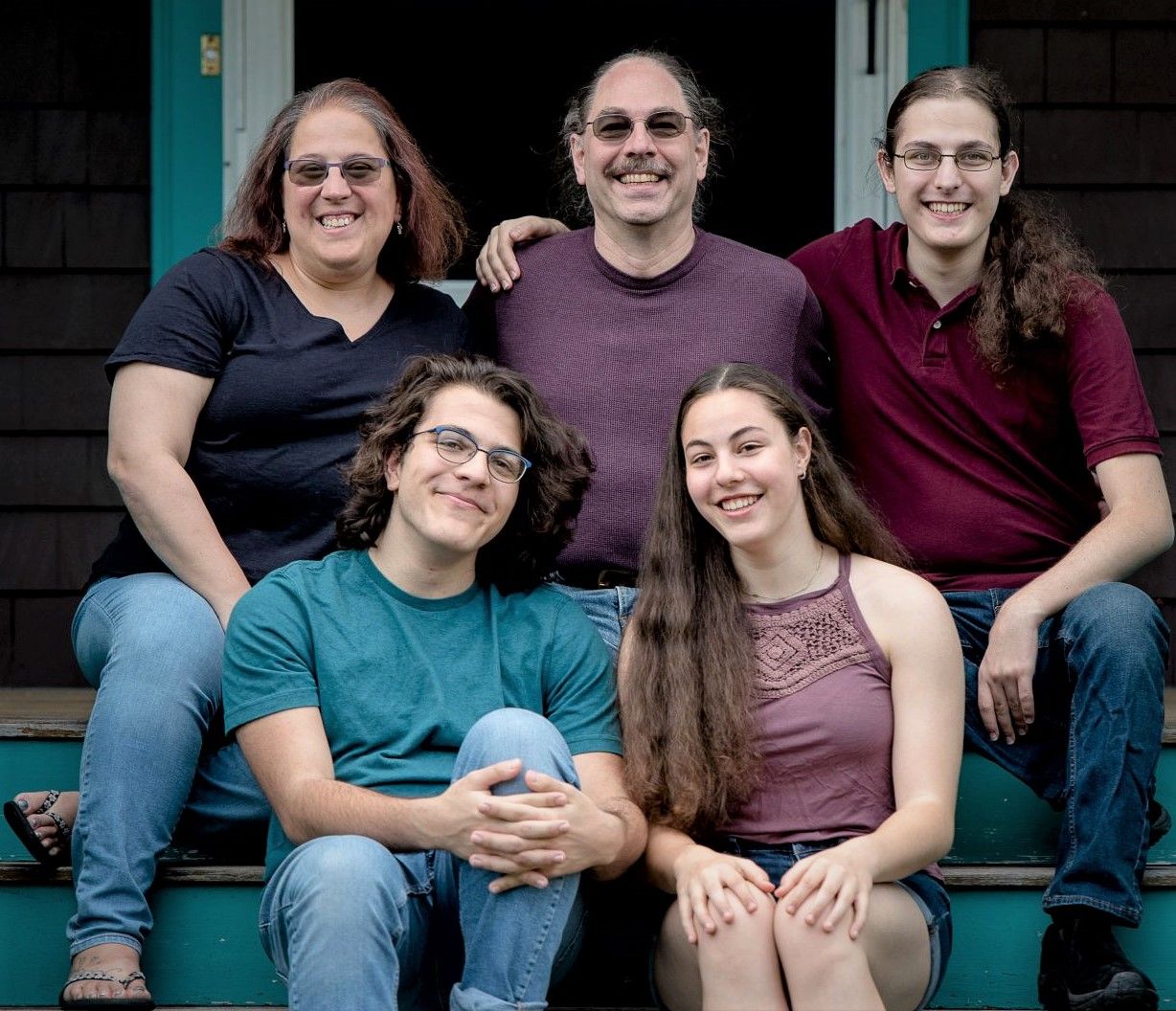
Read More
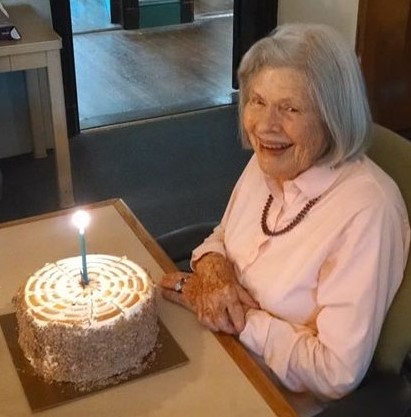
Read More

Read More

Read More

Read More
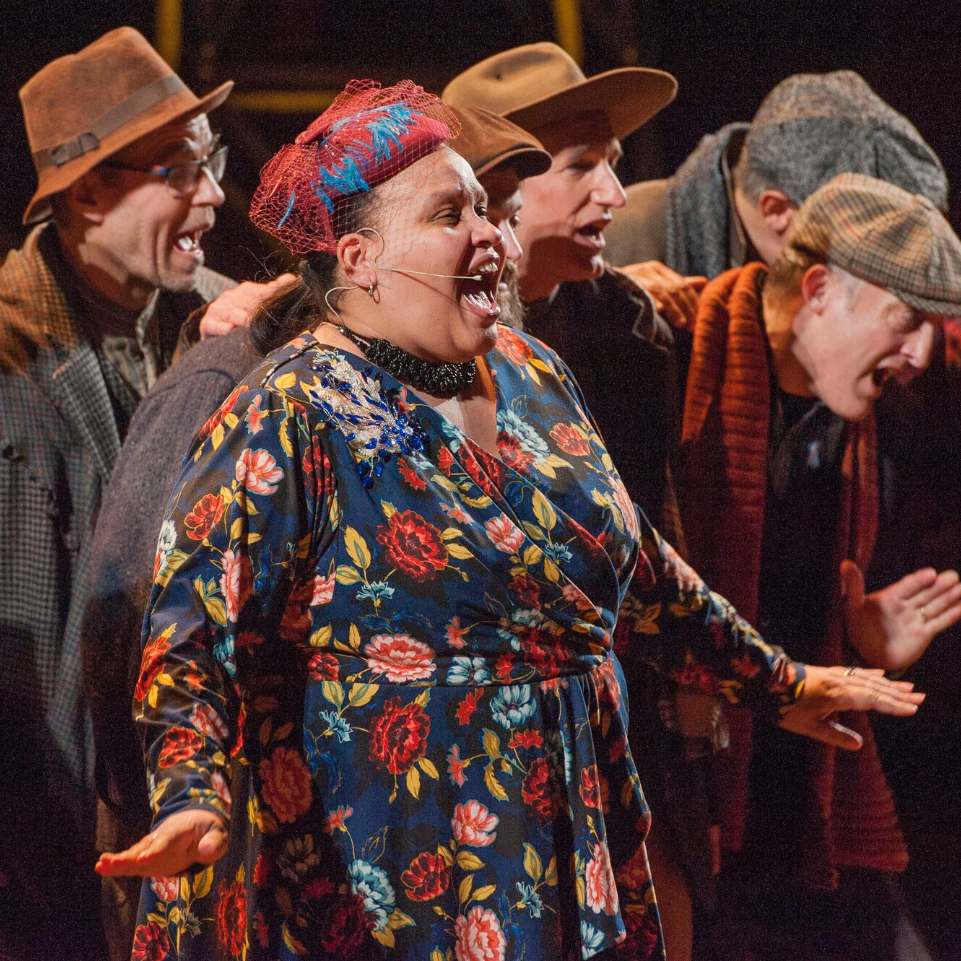
Read More

Read More

Read More
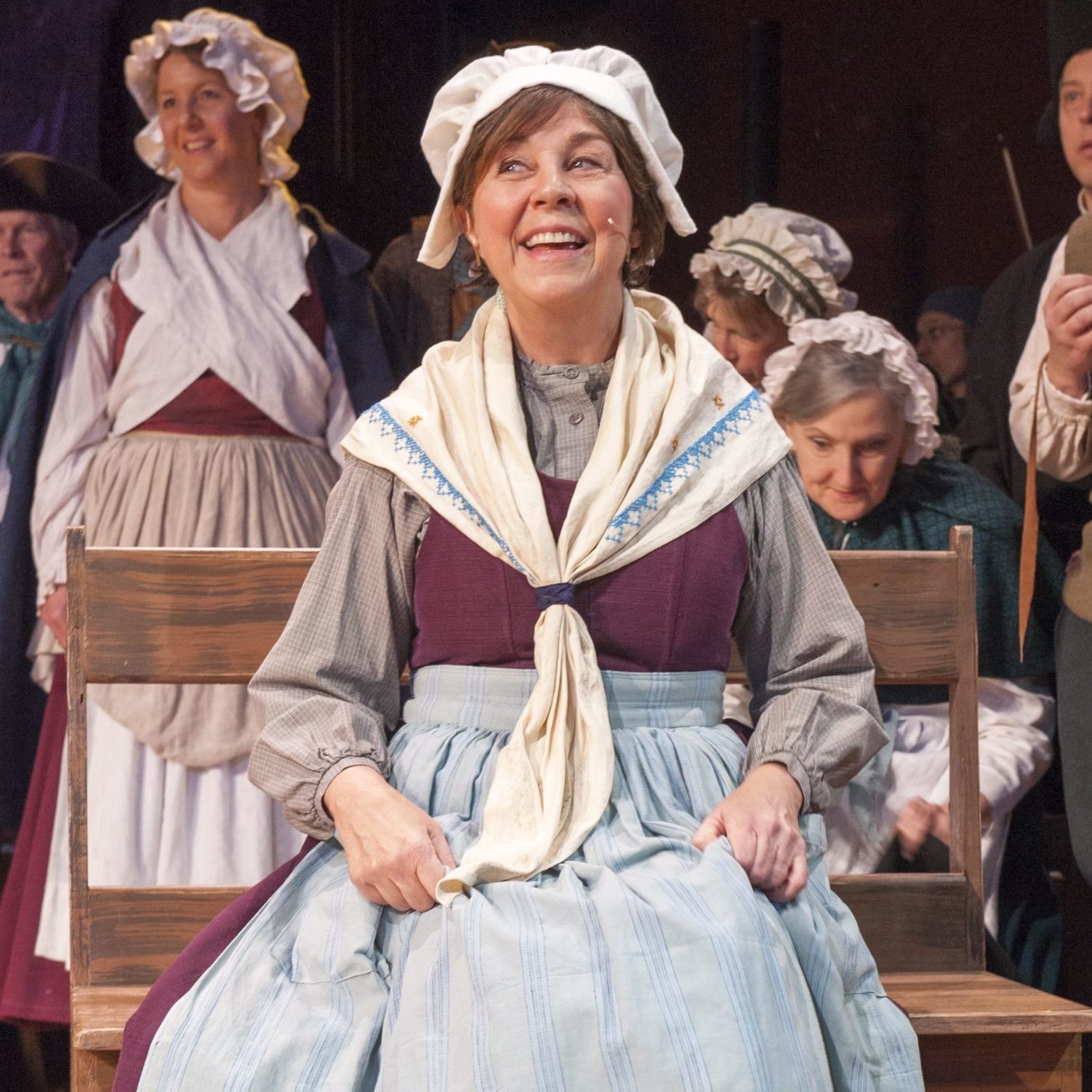
Read More
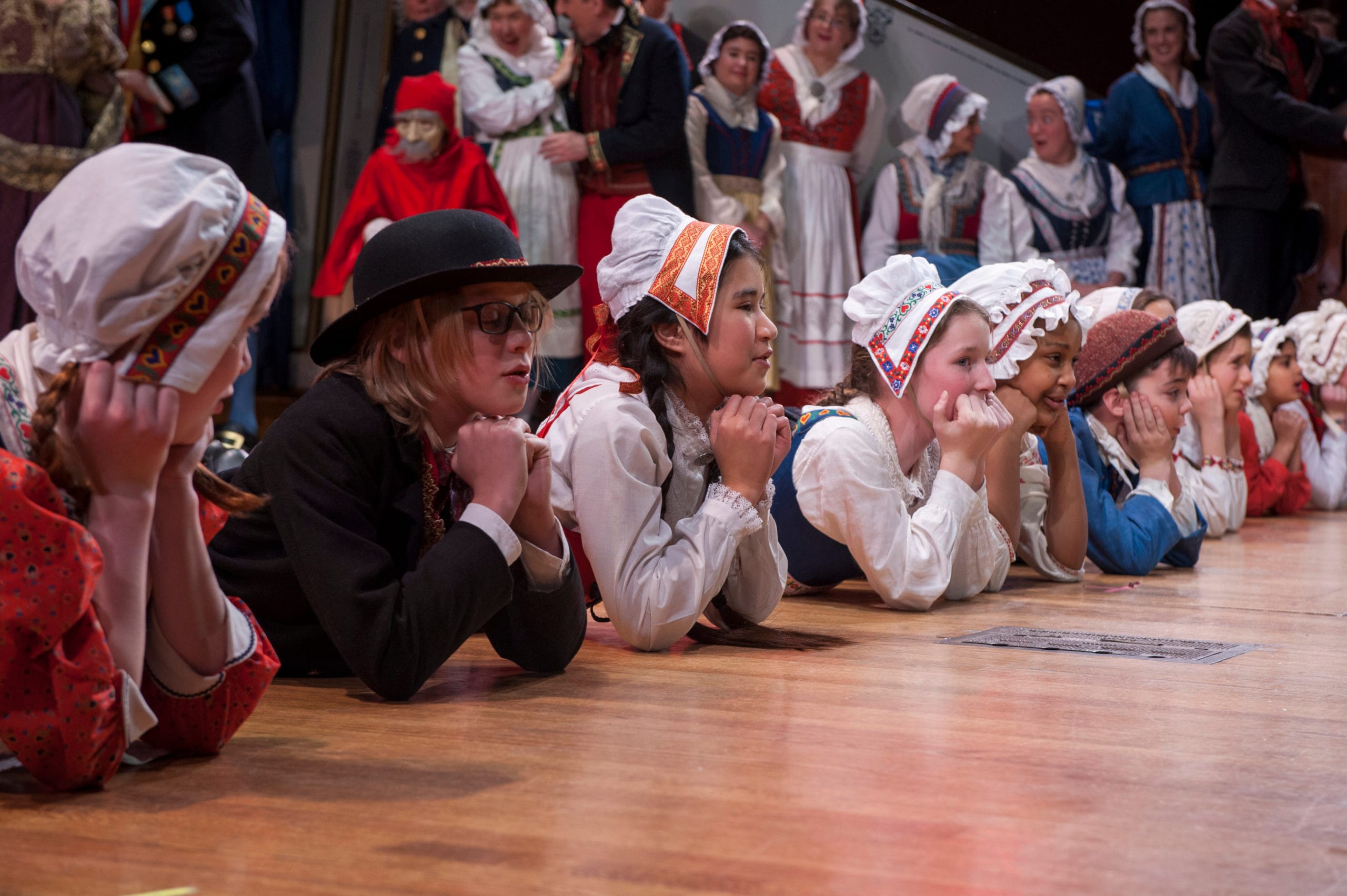
Read More

Read More

Read More

Read More
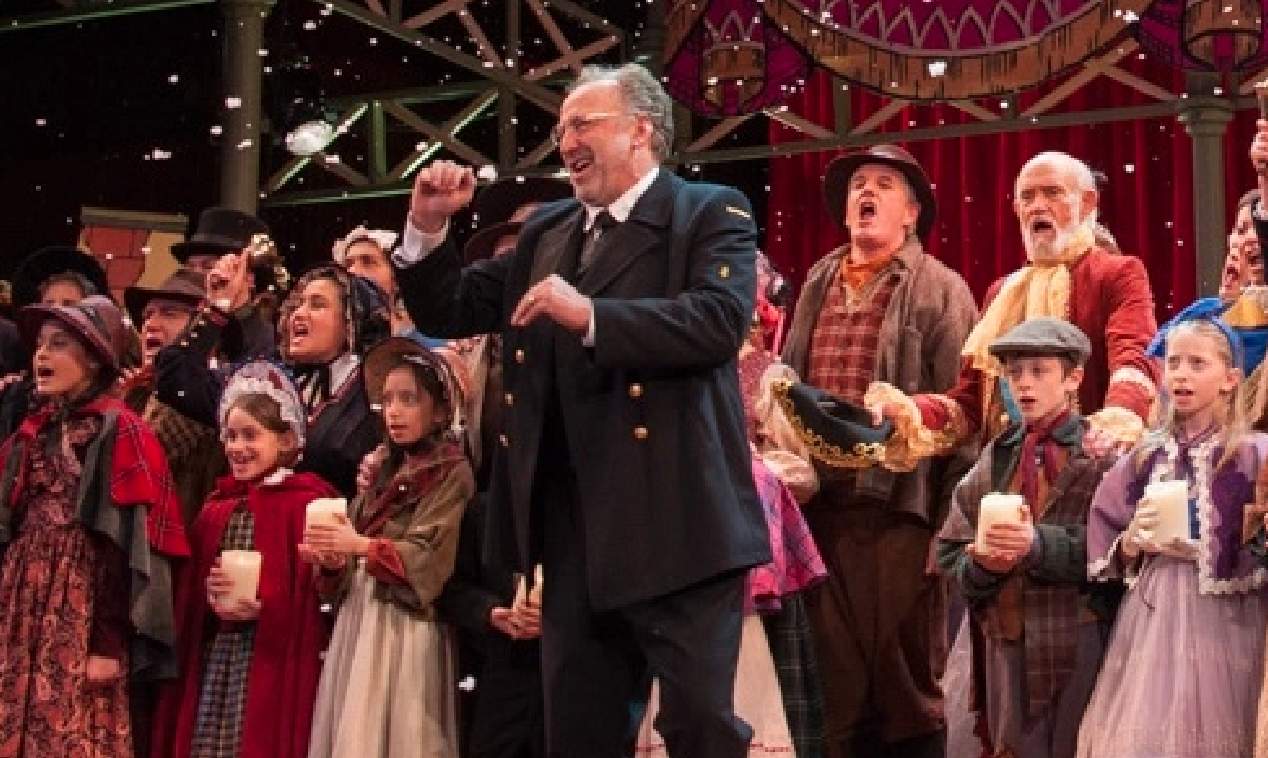
Read More

Read More
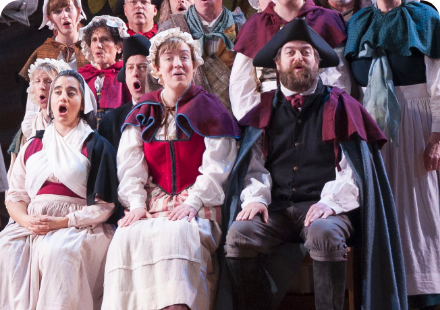
Read More

Read More

Read More

Read More
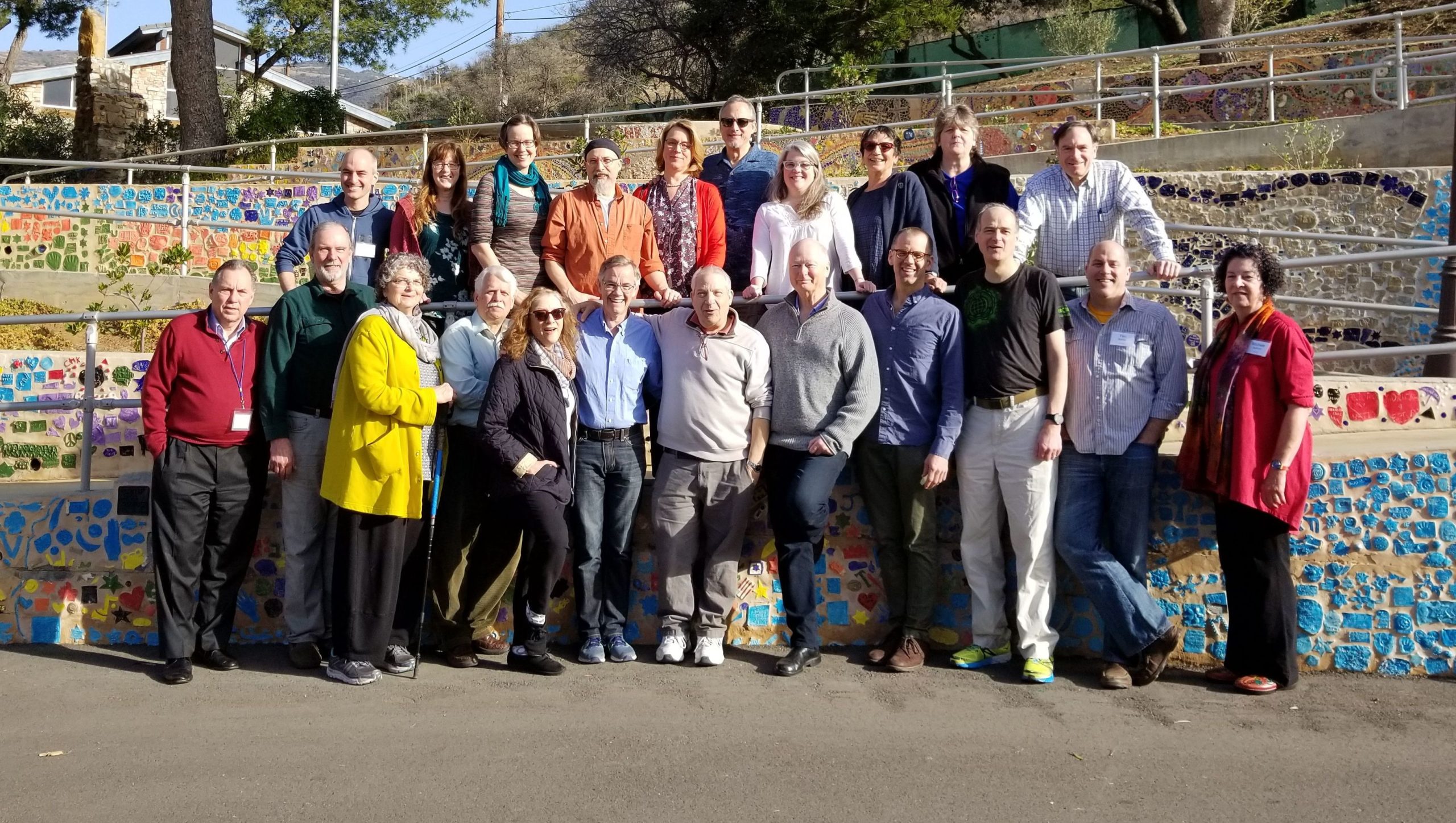
Read More

Read More

Read More

Read More

Read More

Read More

Read More
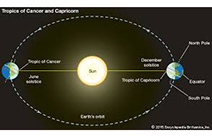
Read More
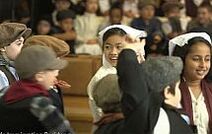
Read More

Read More
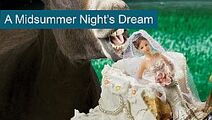
Read More
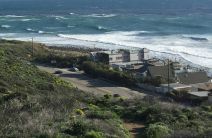
Read More

Read More
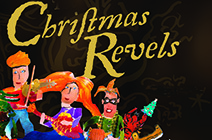
Read More
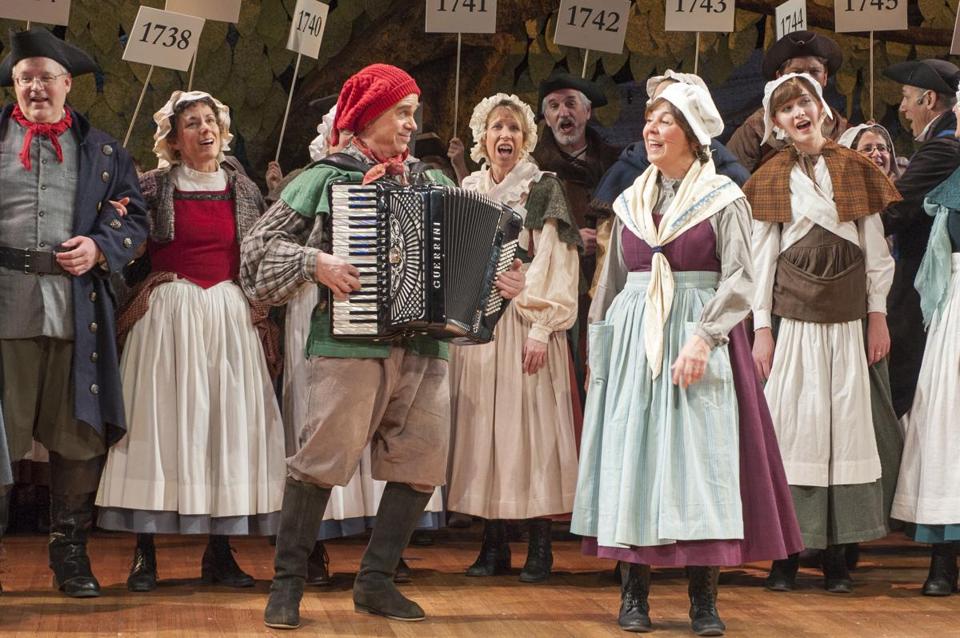
Read More

Read More

Read More
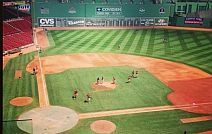
Read More
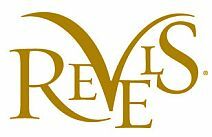
Read More
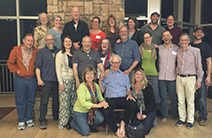
Read More

Read More
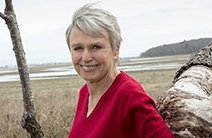
Read More
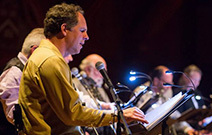
Read More
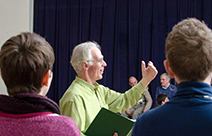
Read More
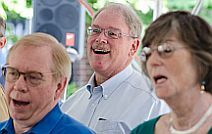
Read More
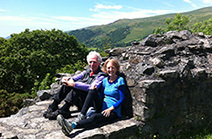
Read More
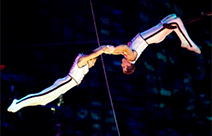
Read More

Read More
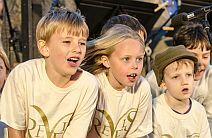
Read More
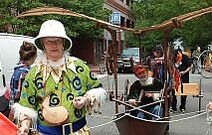
Read More
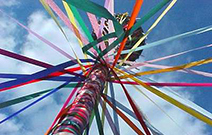
Read More

Read More
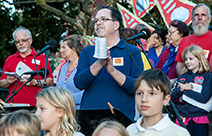
Read More
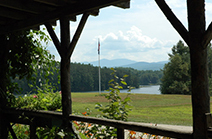
Read More

Read More

Read More

Read More

Read More
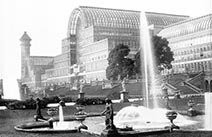
Read More

Read More
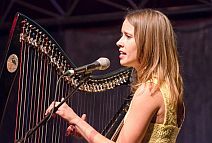
Read More
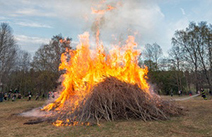
Read More
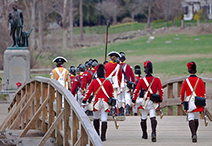
Read More
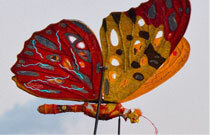
Read More

Read More
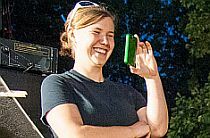
Read More

Read More
